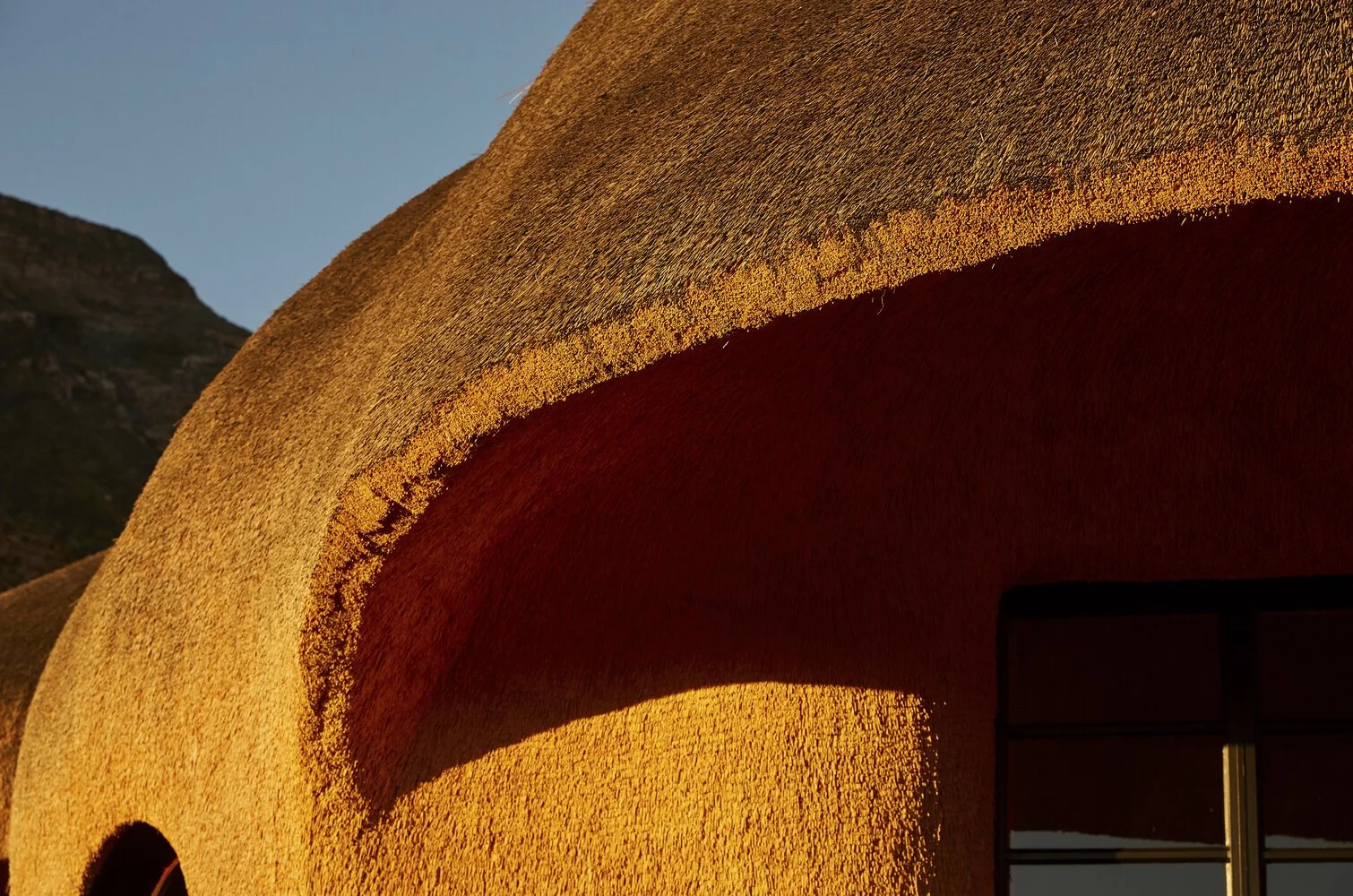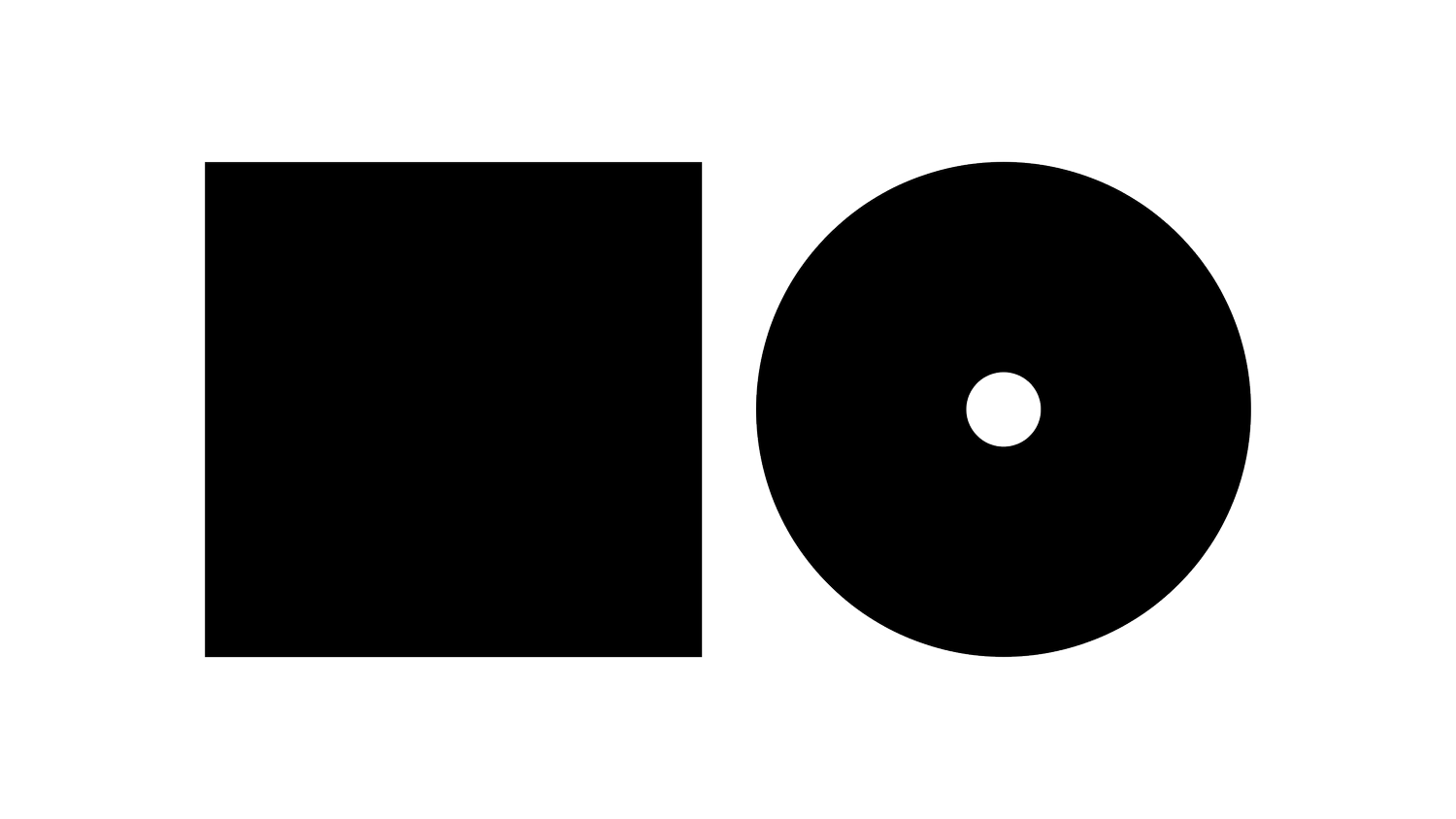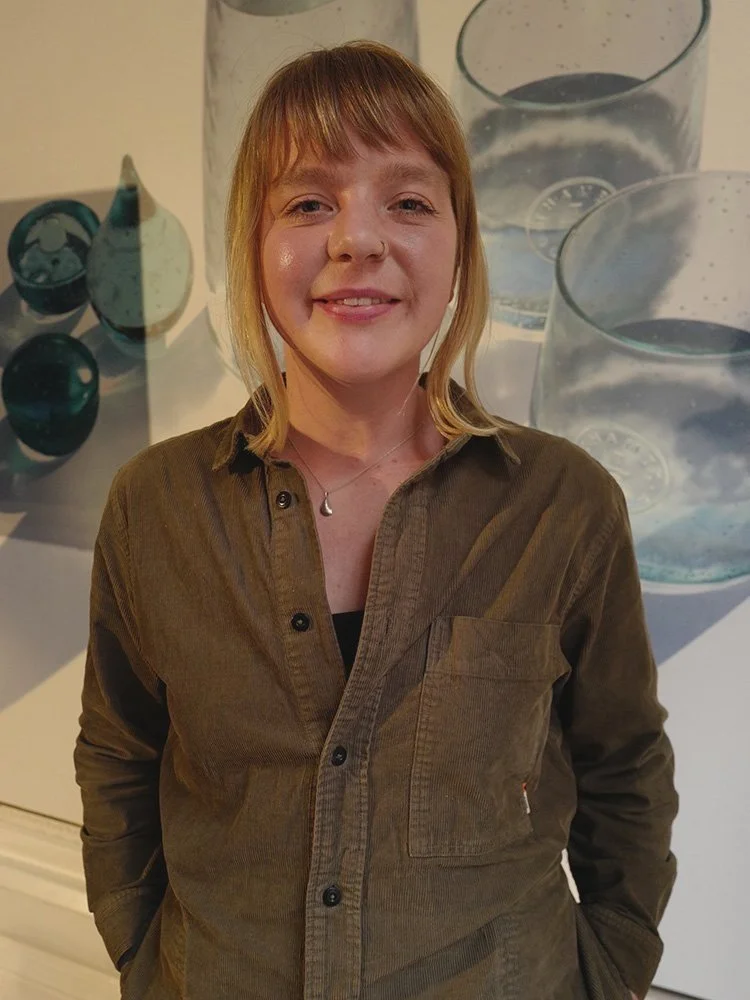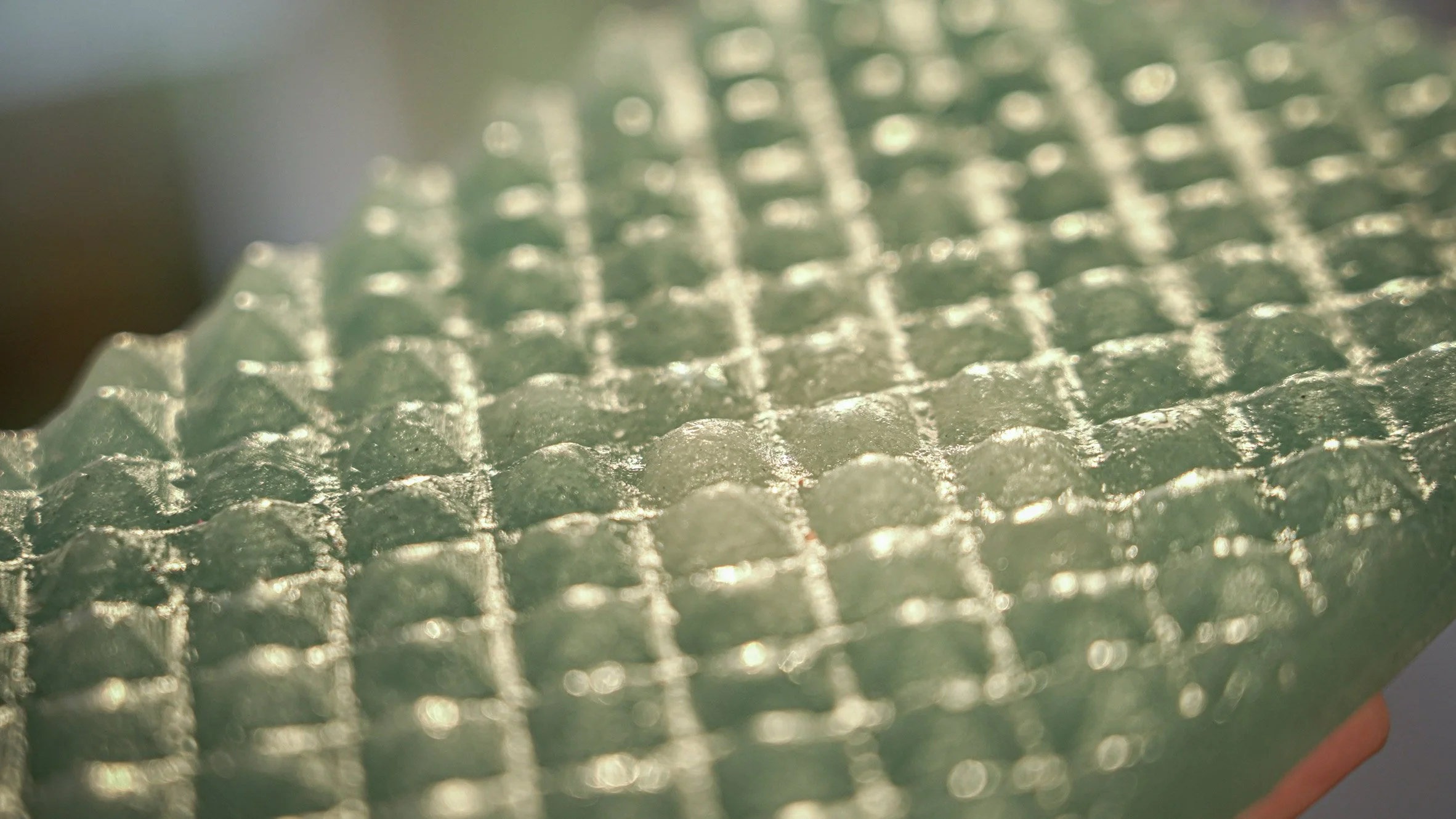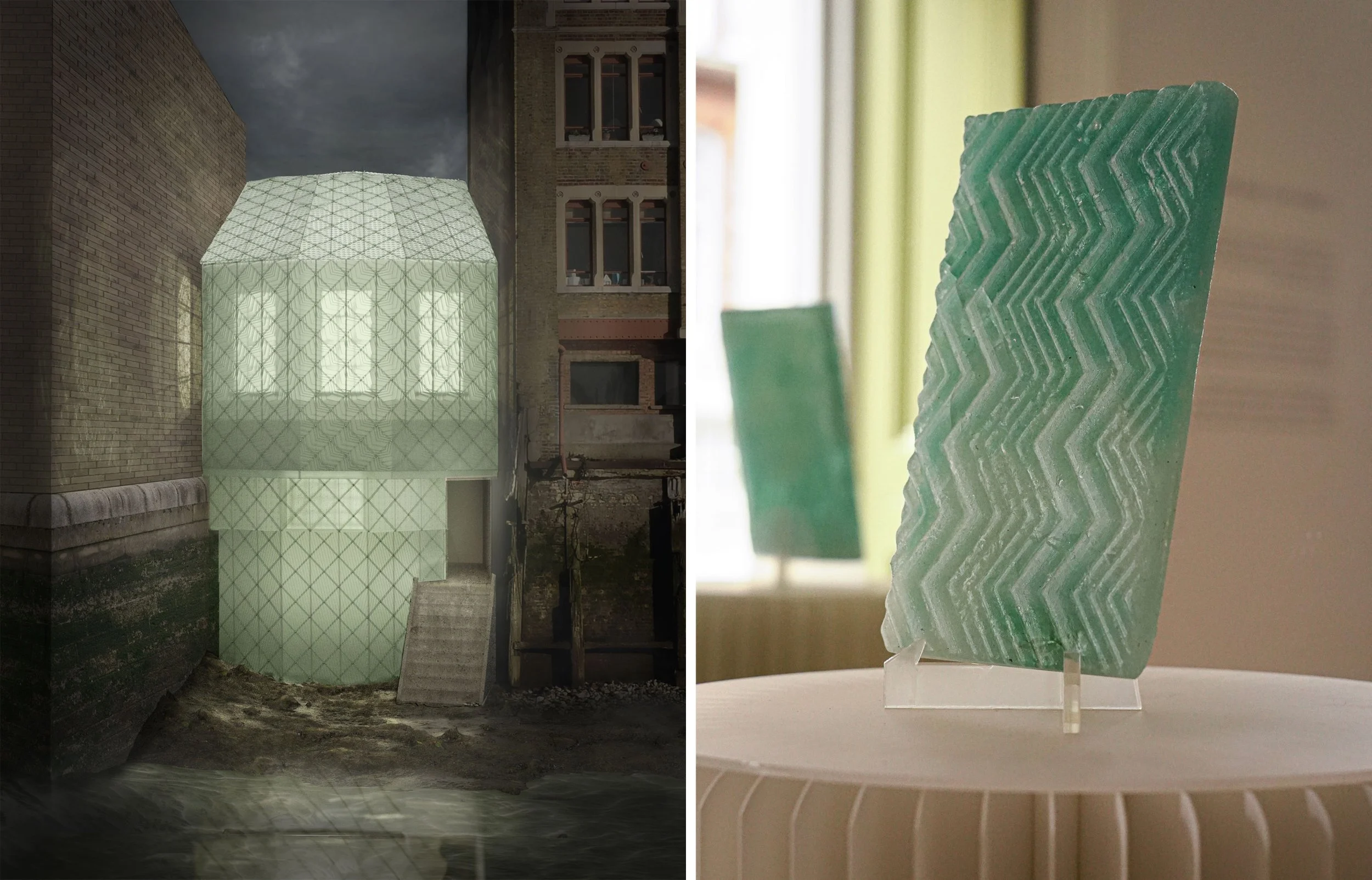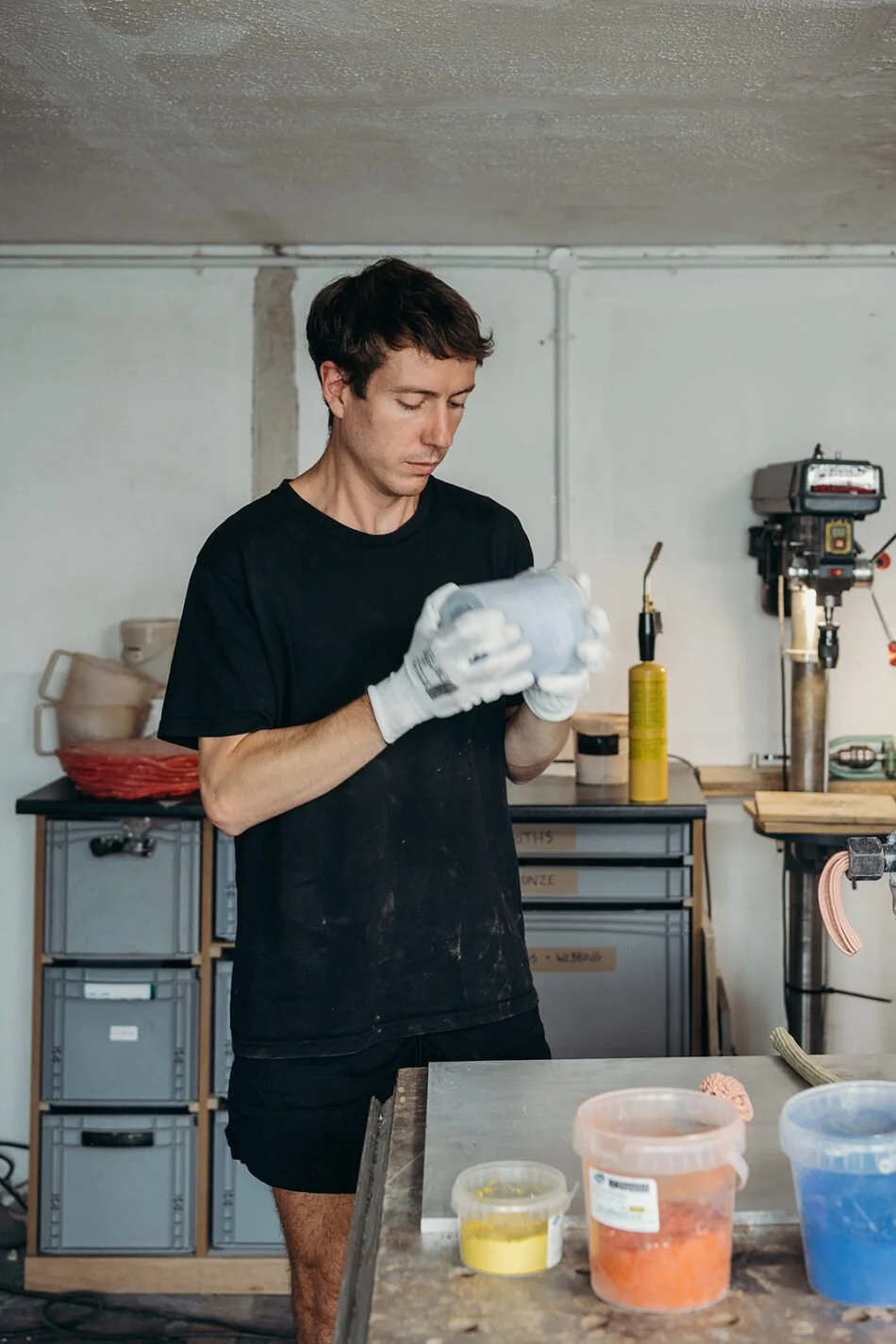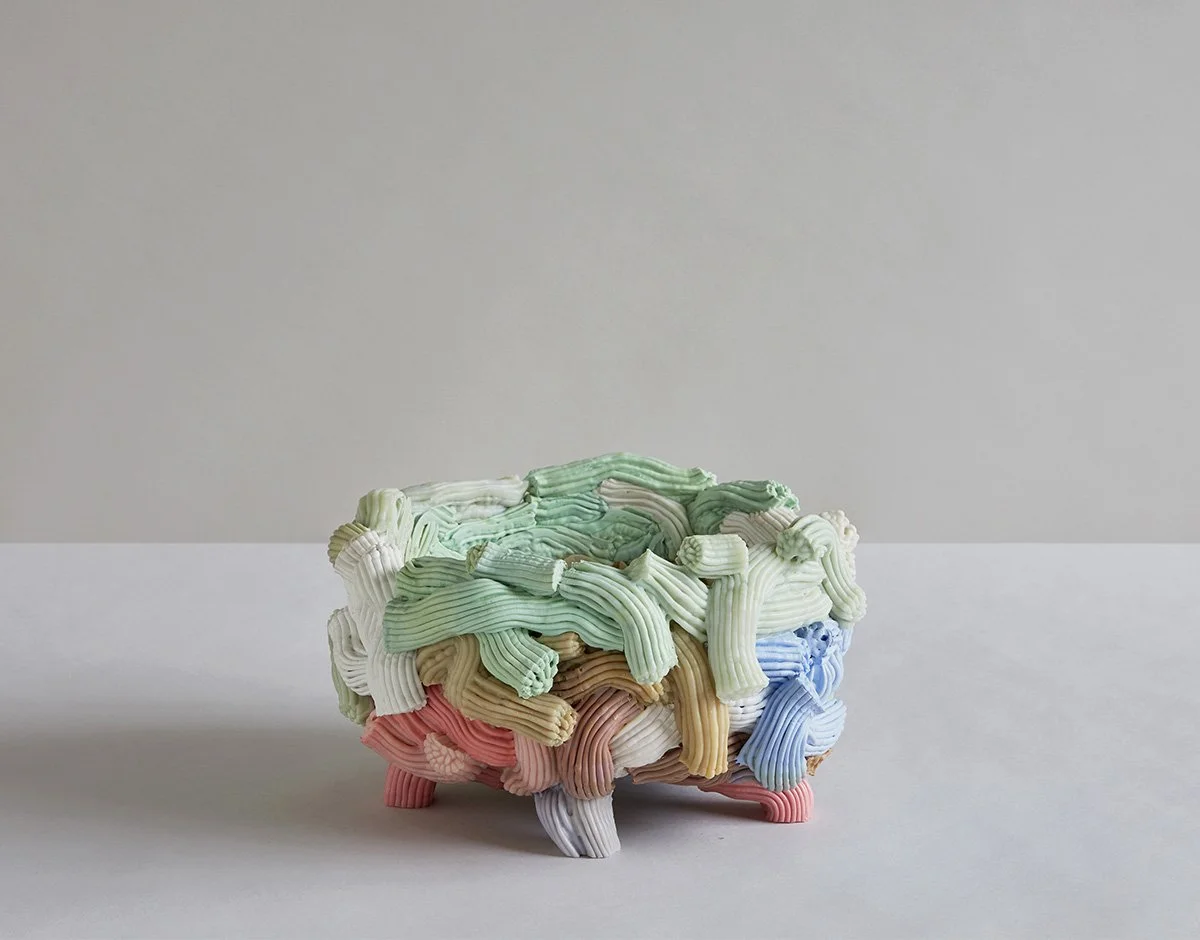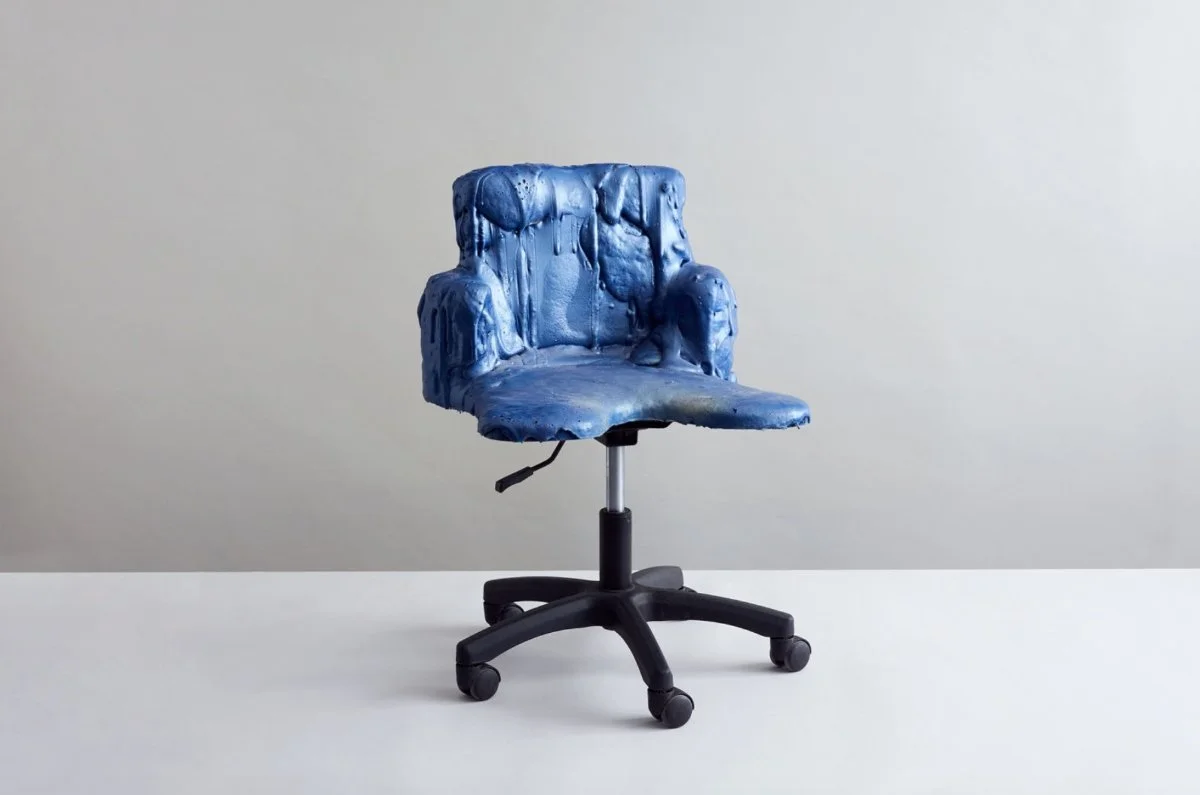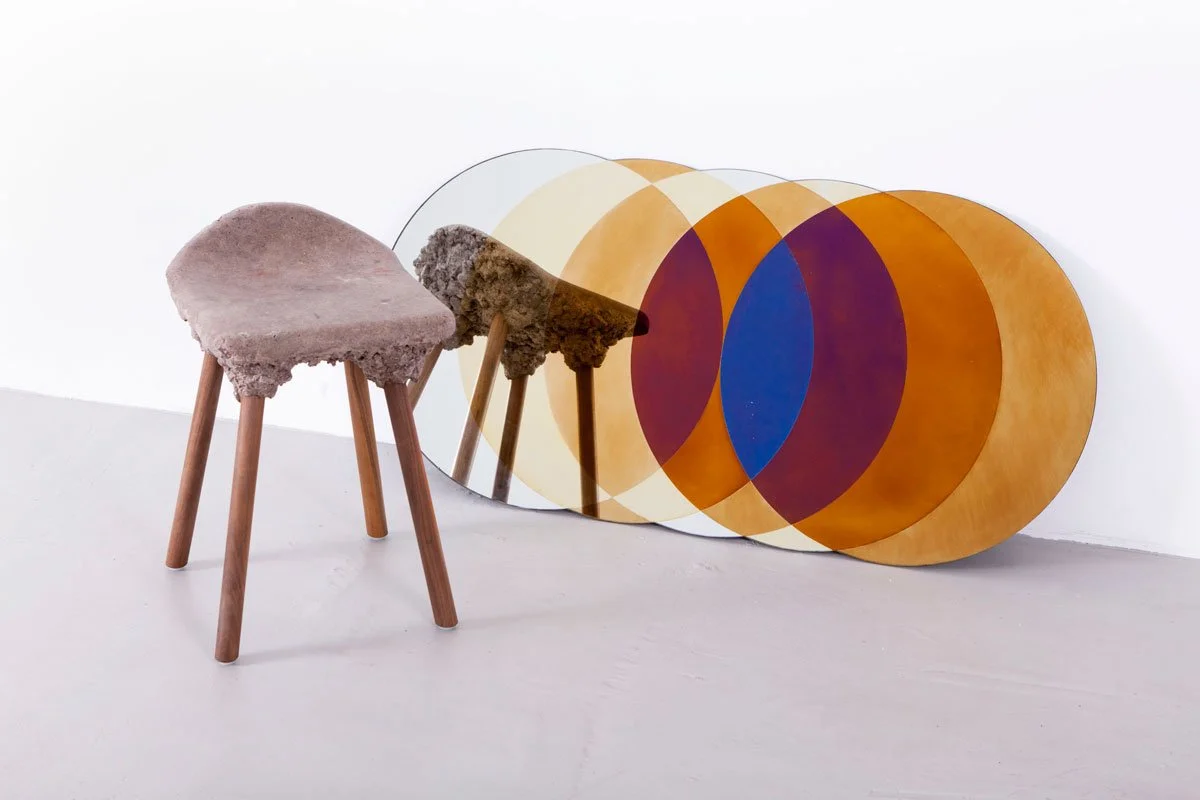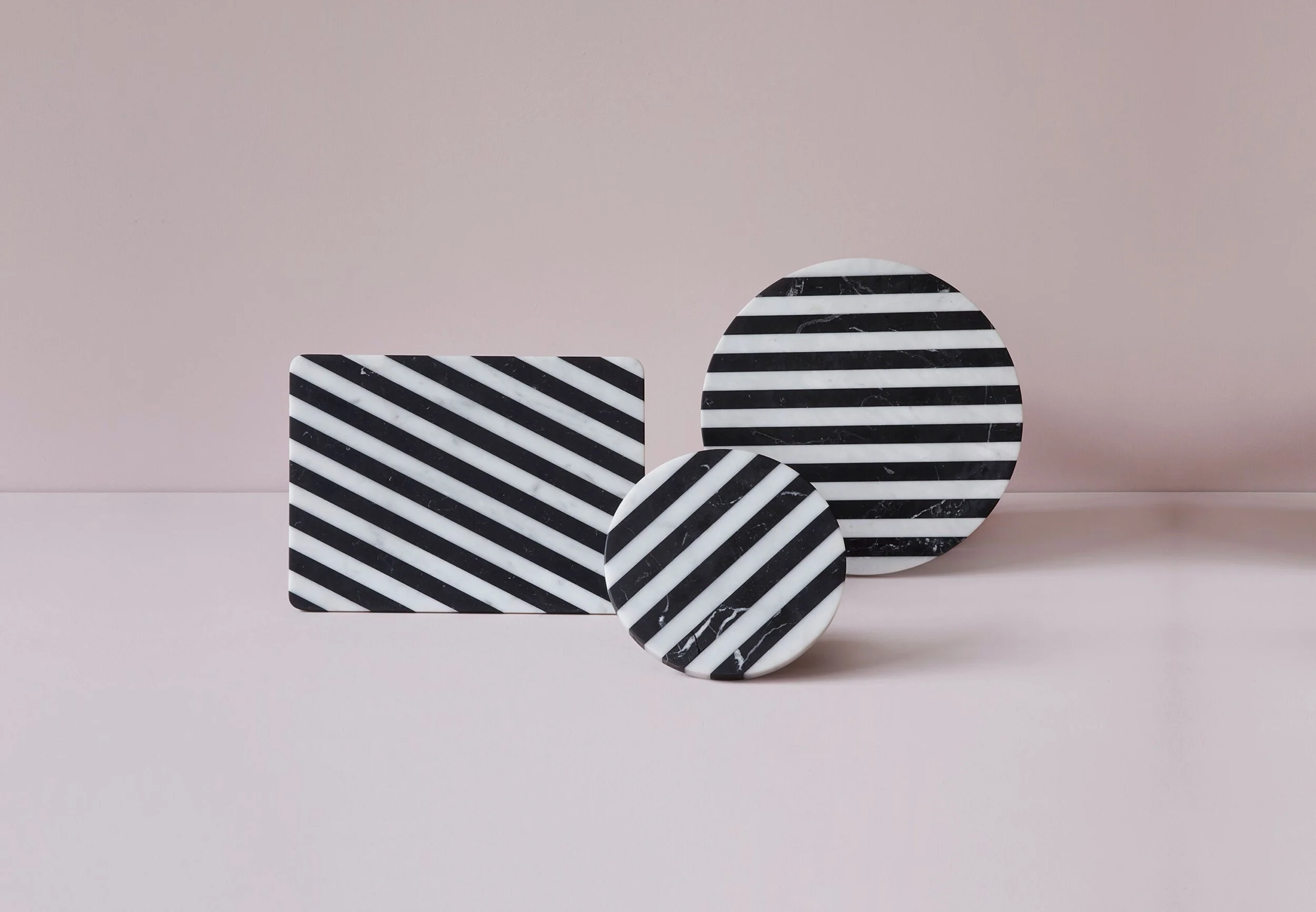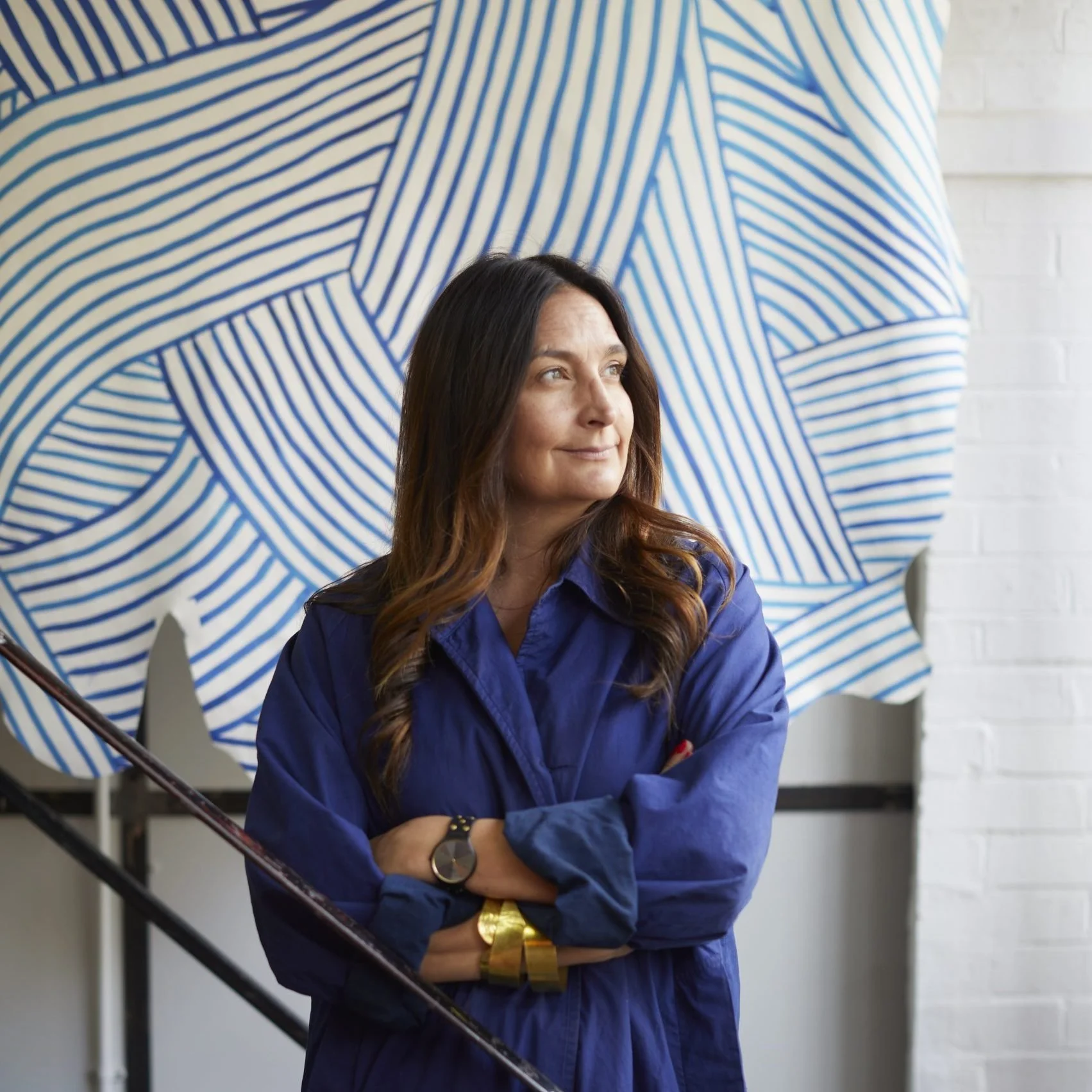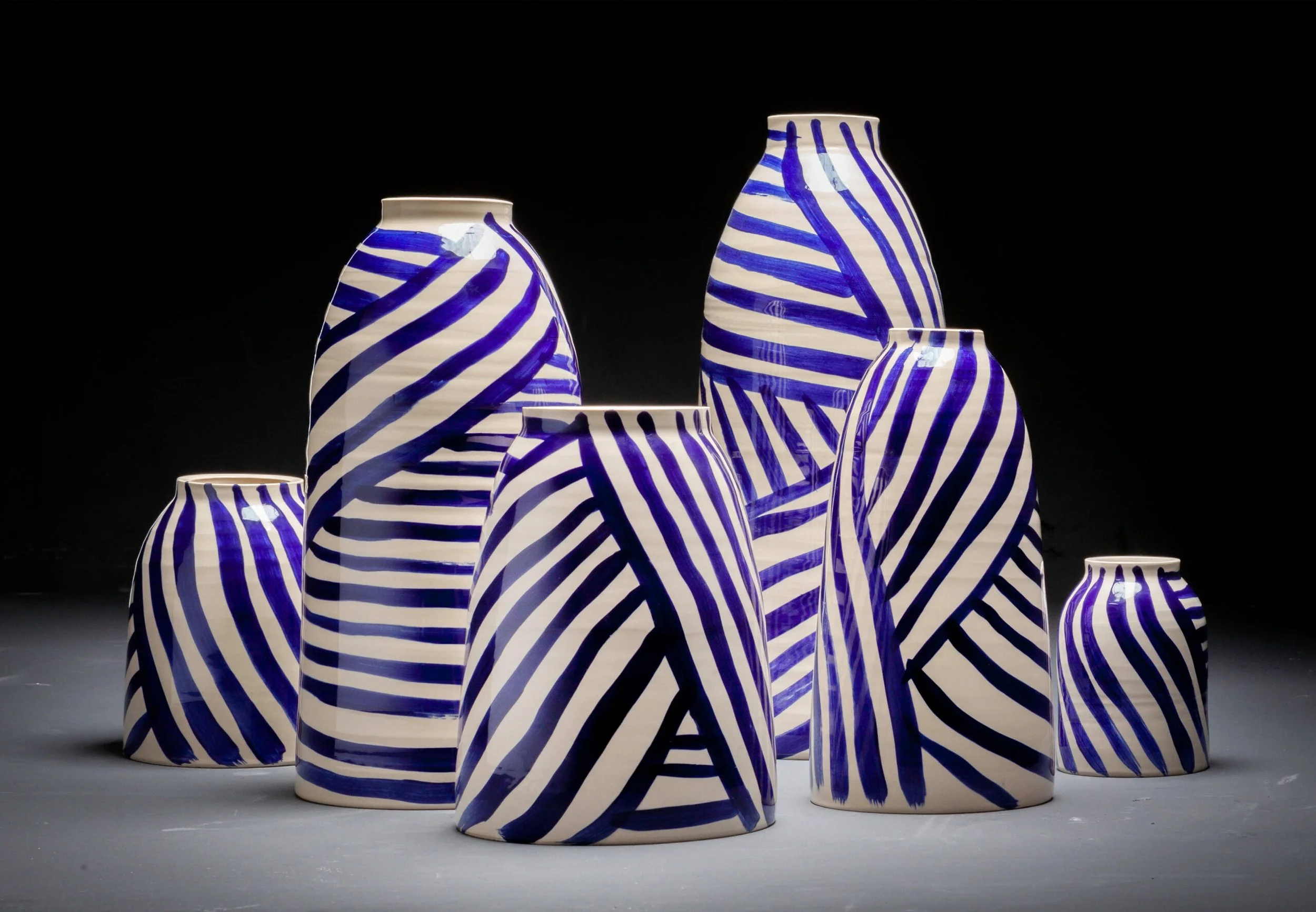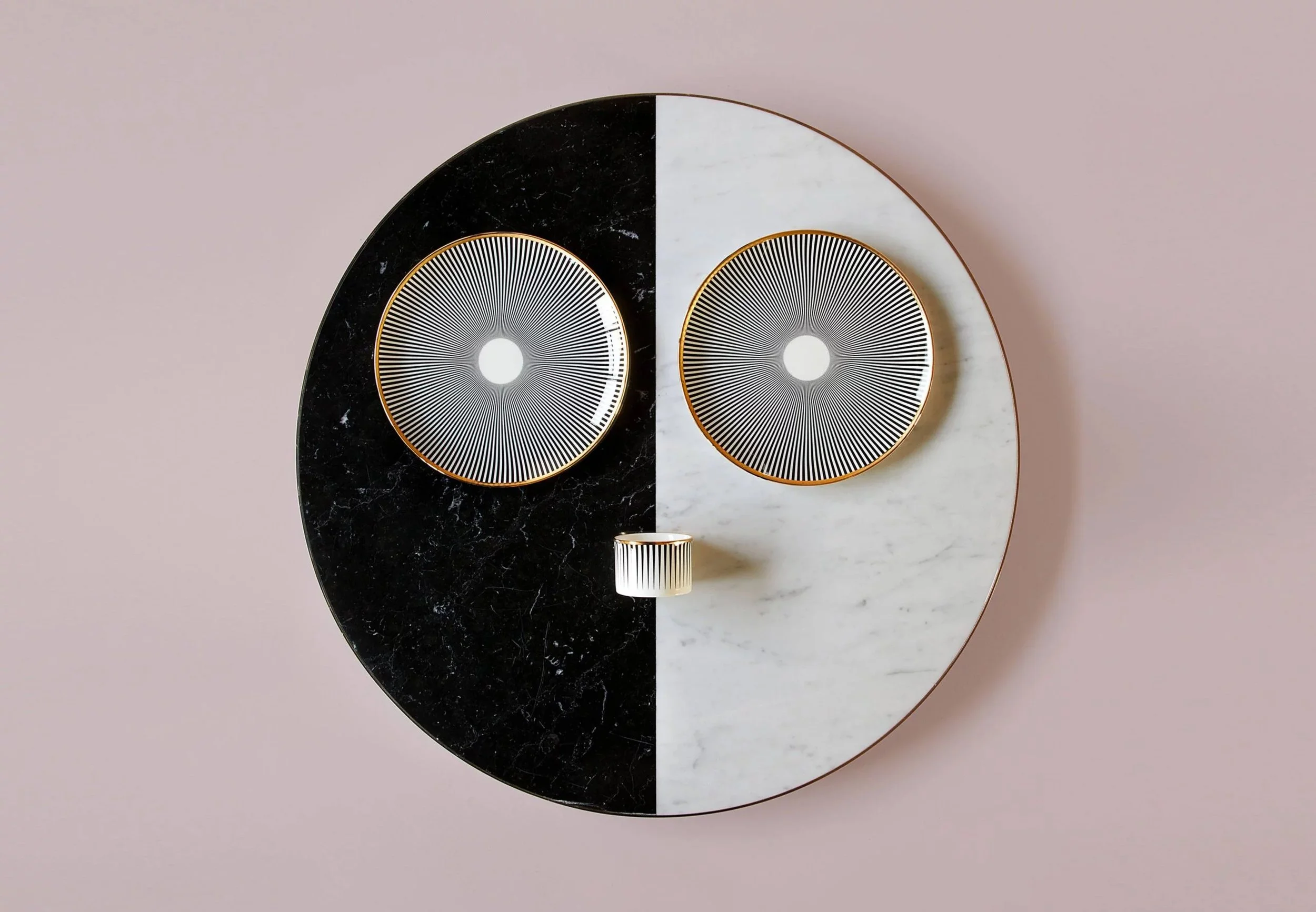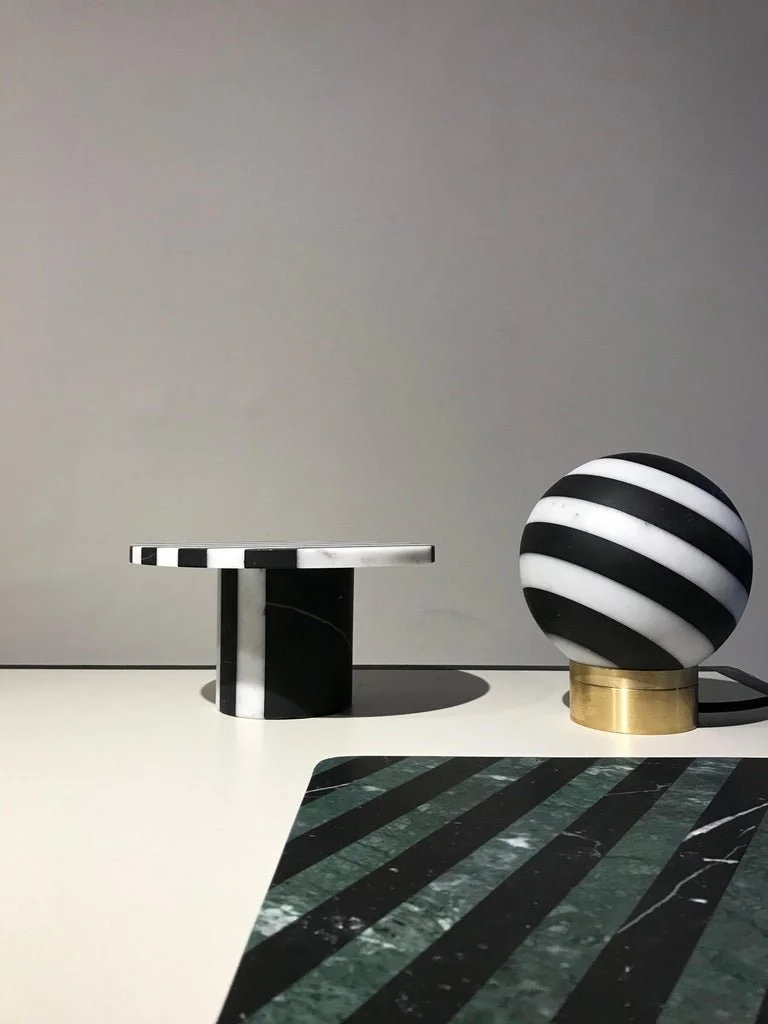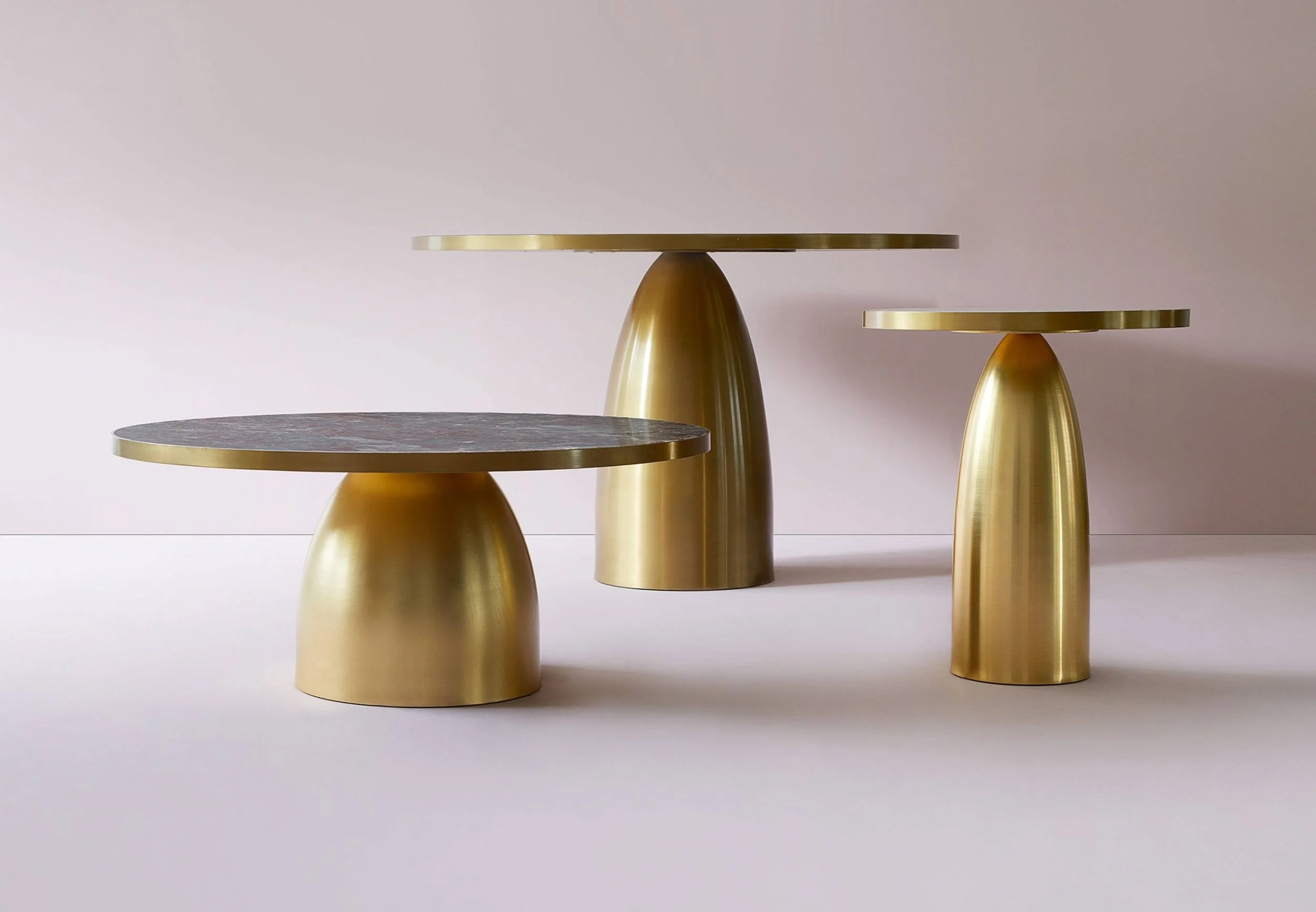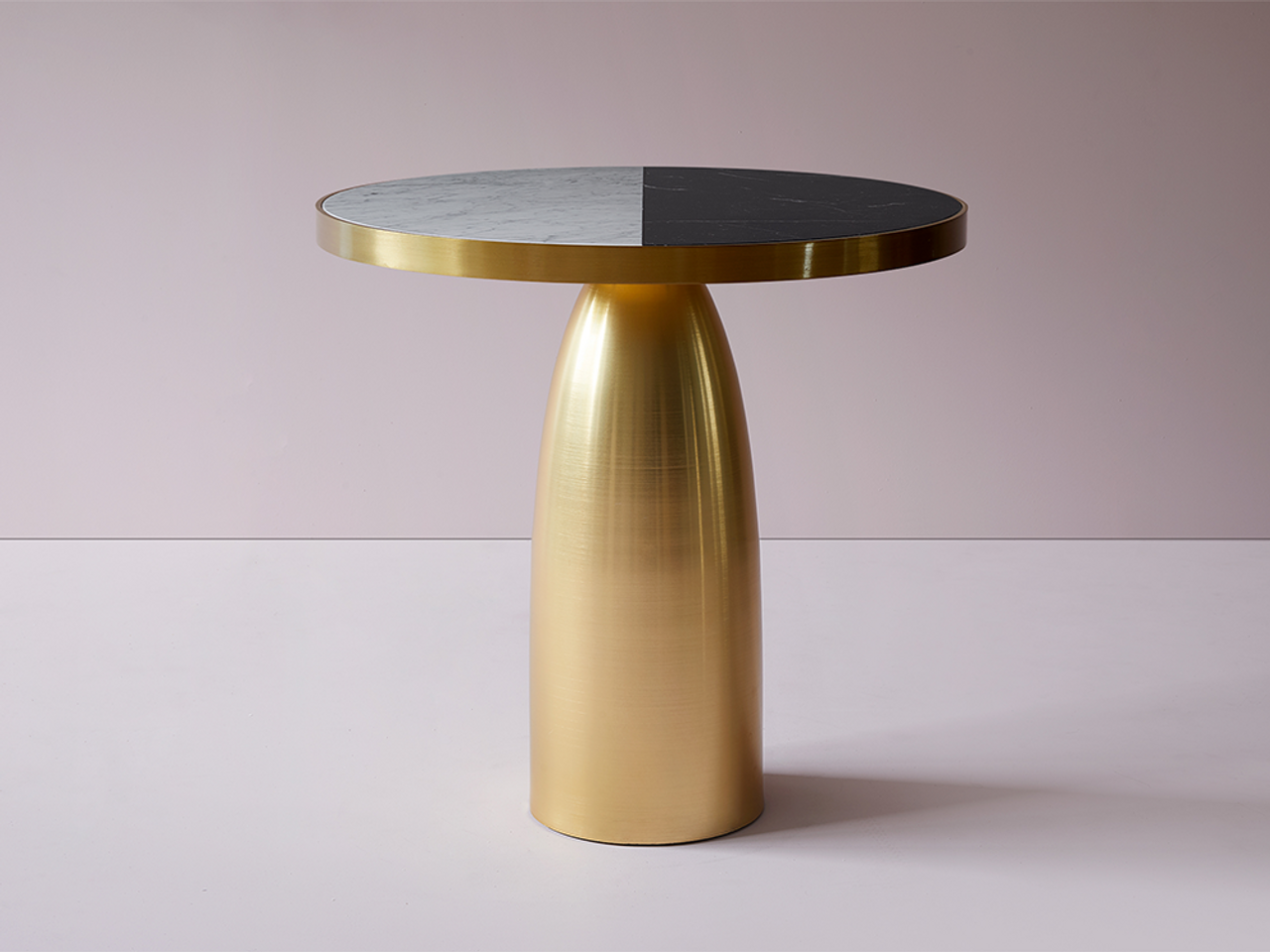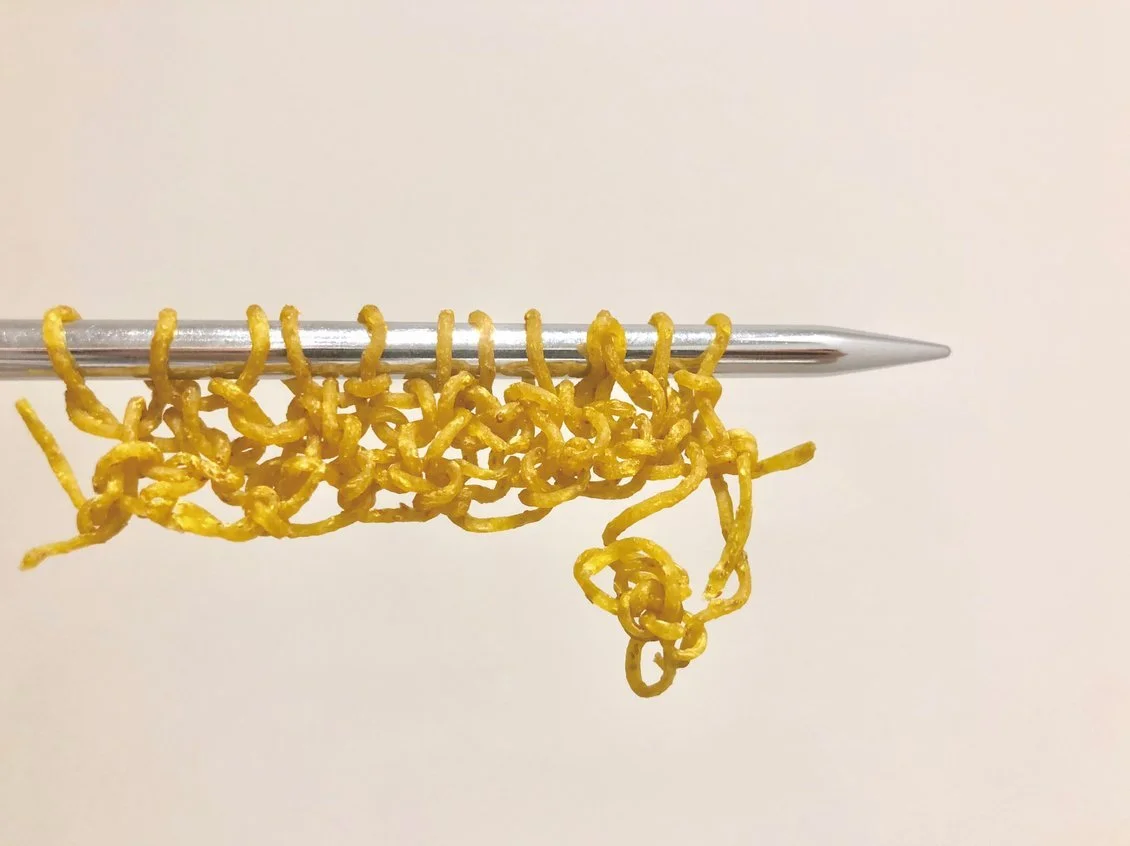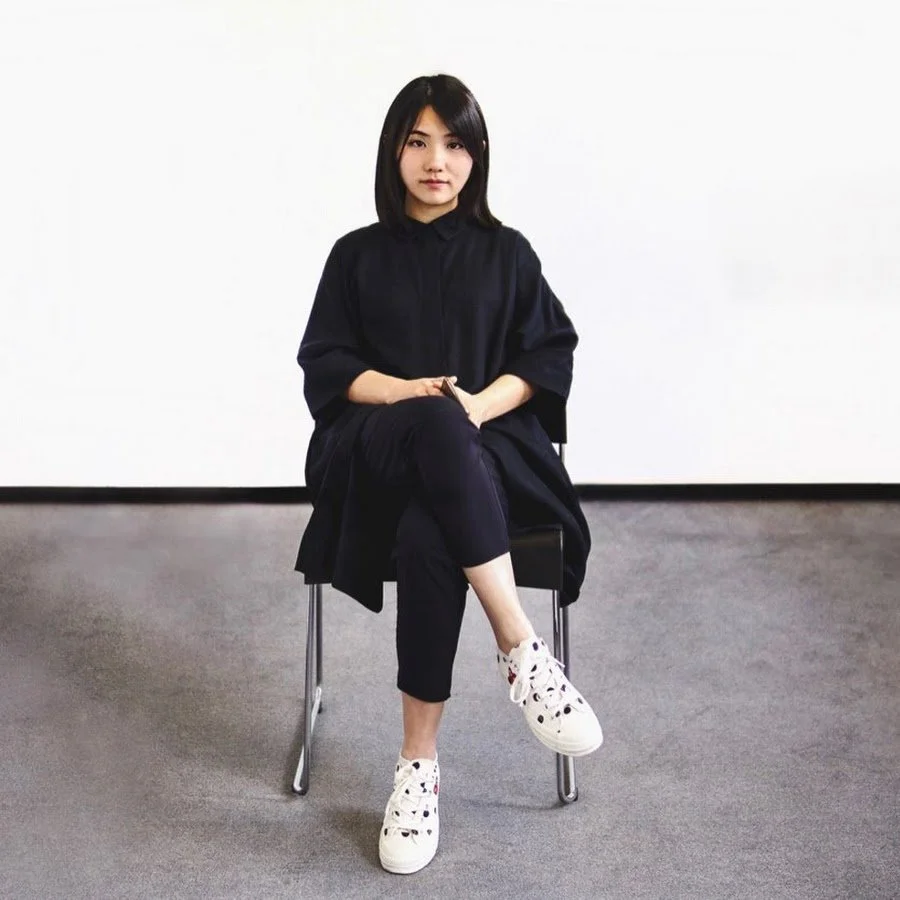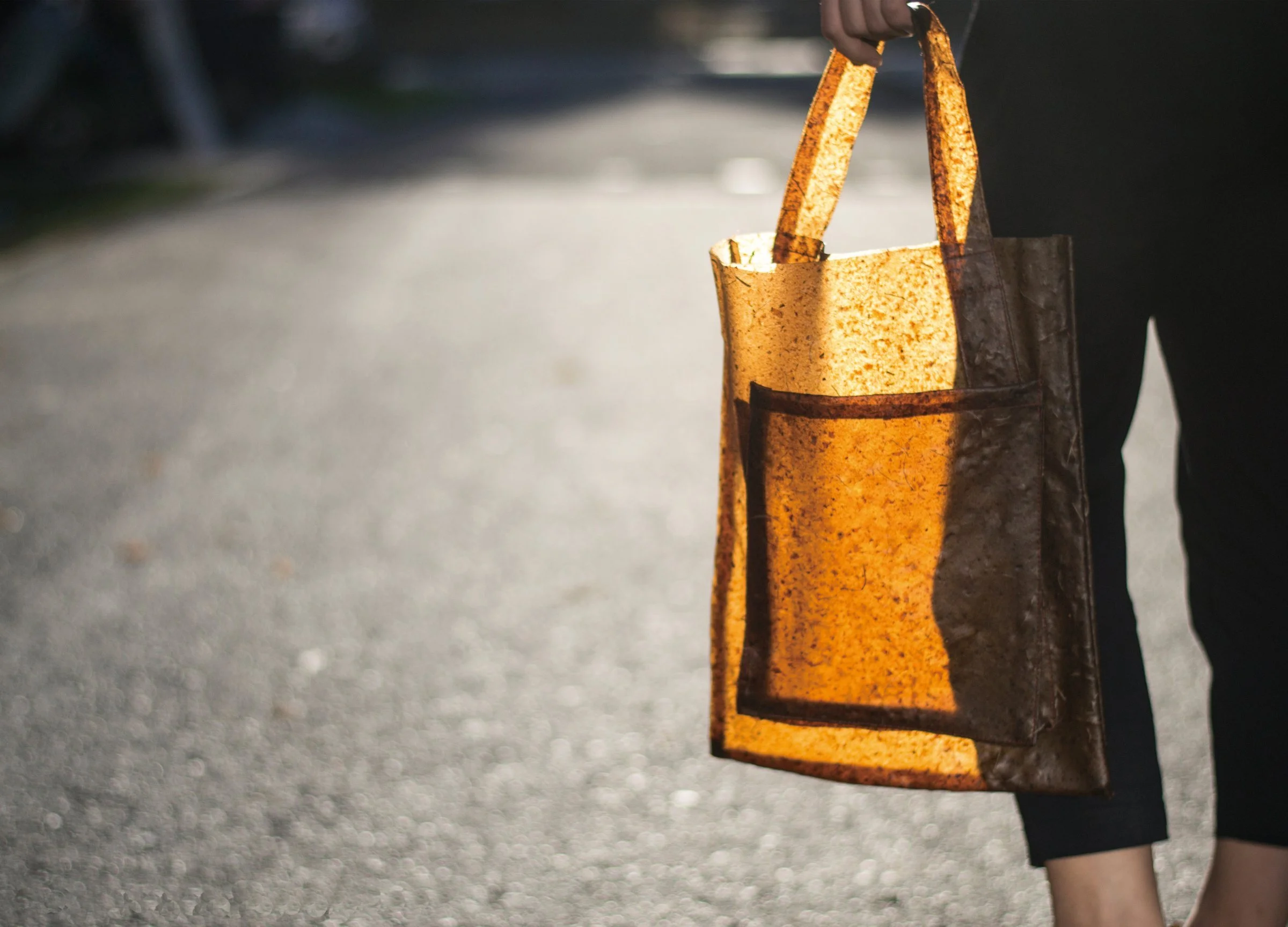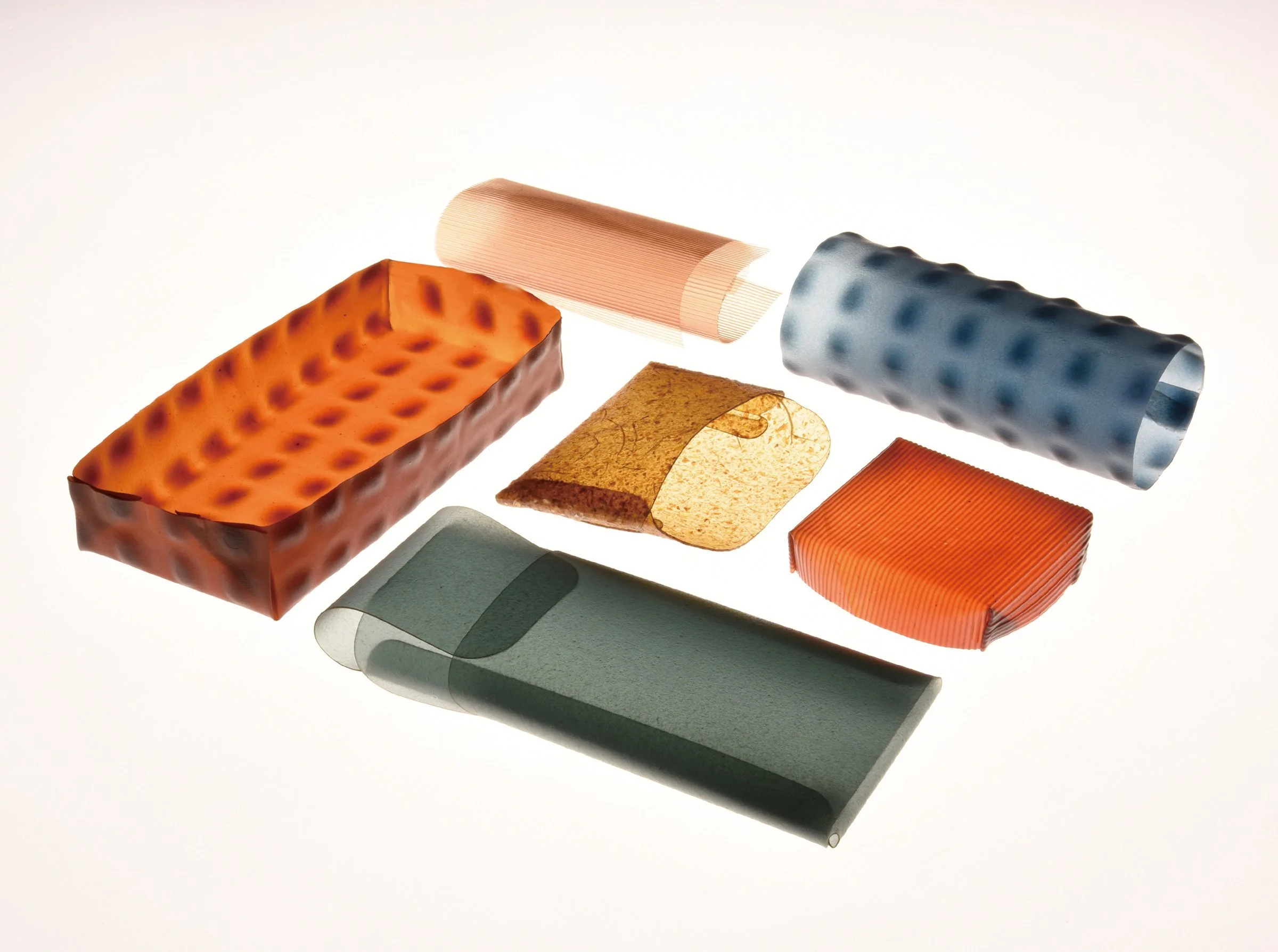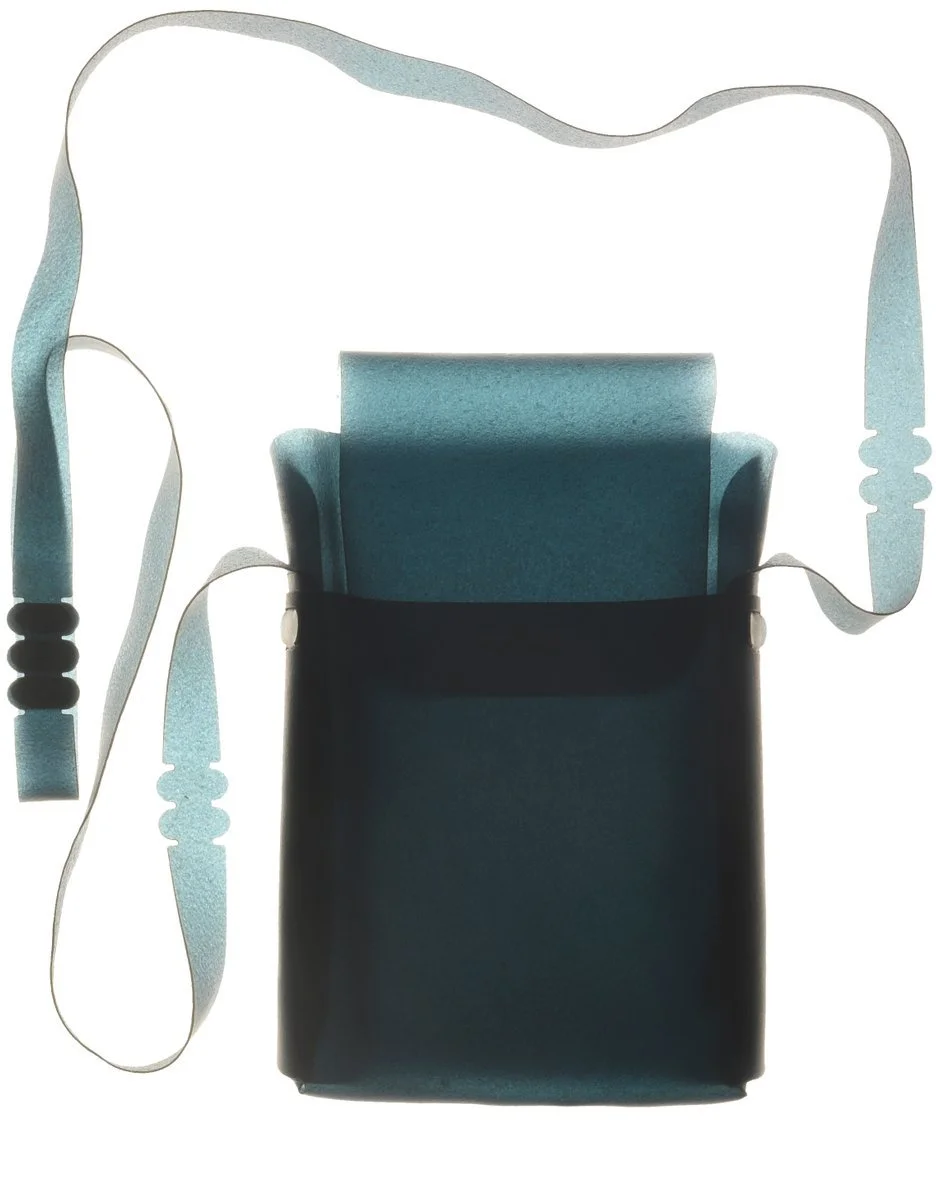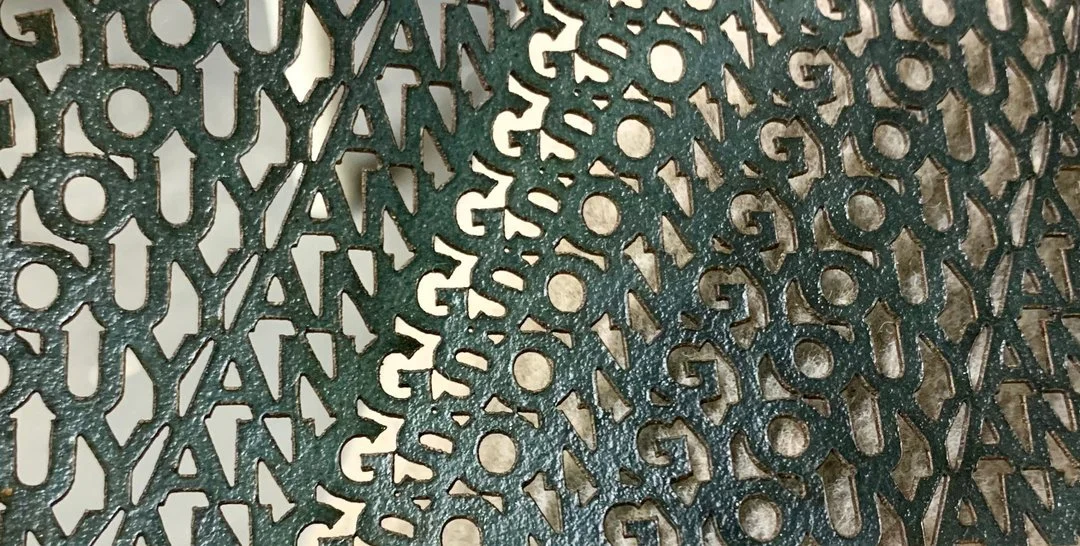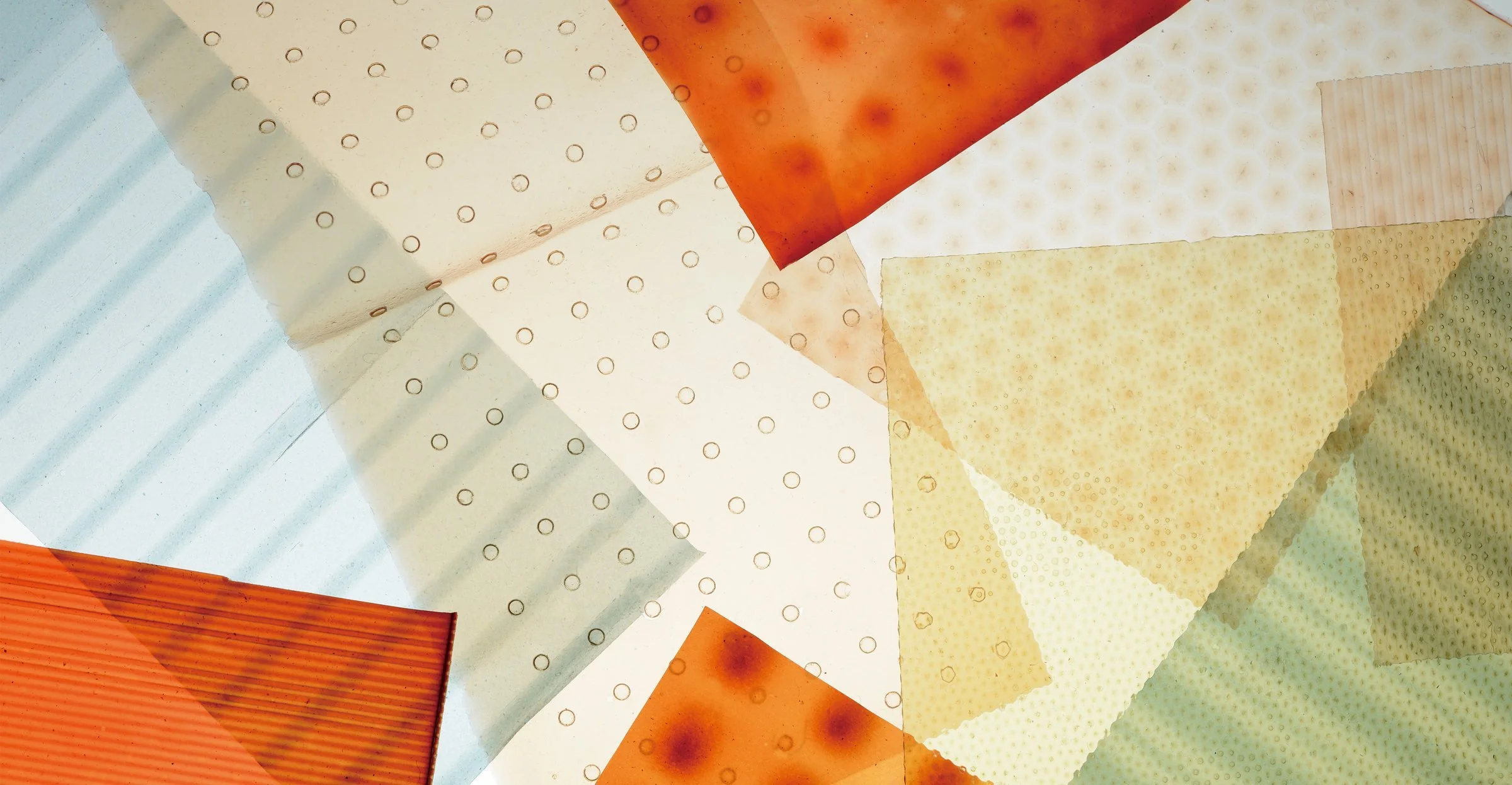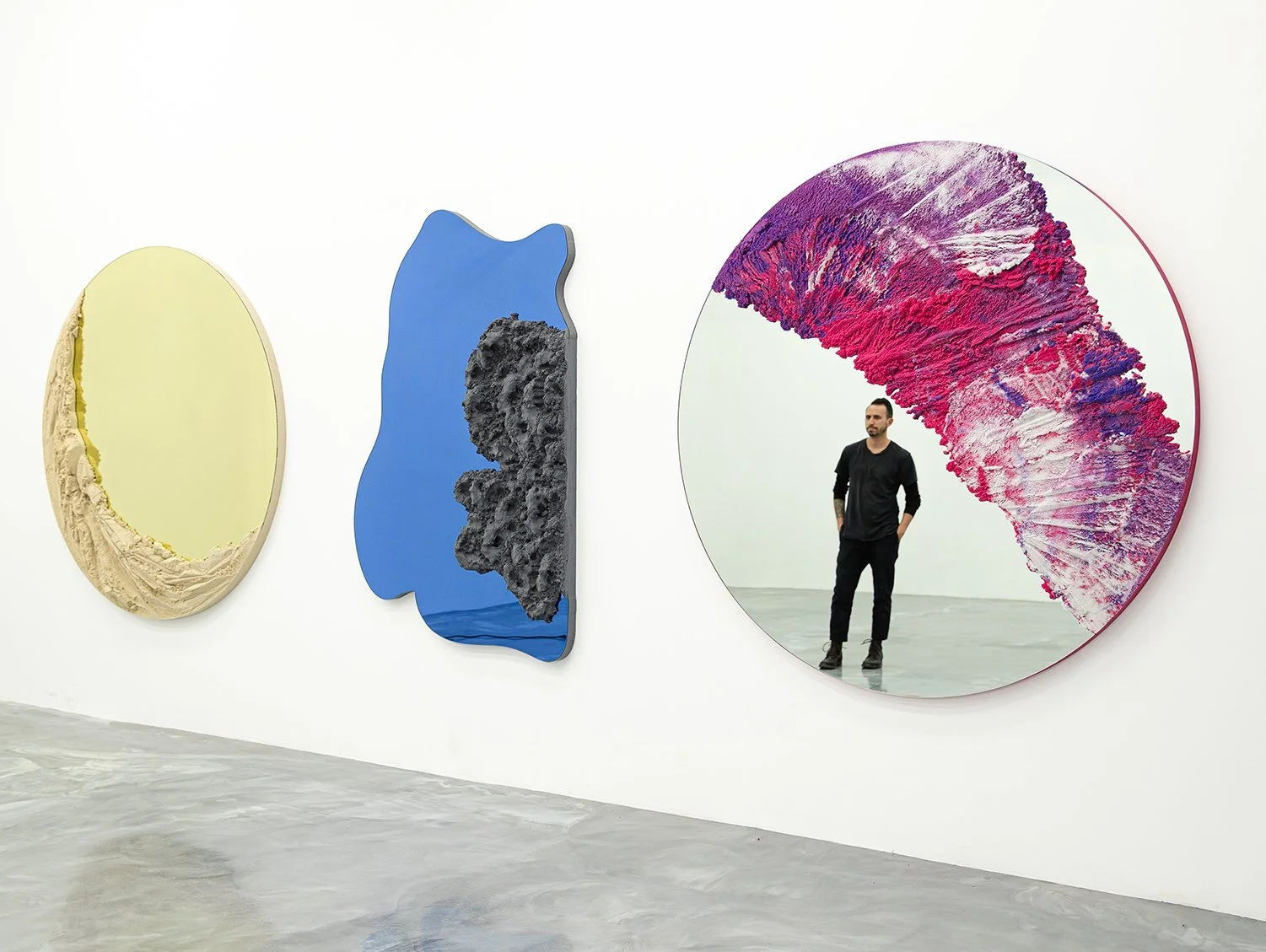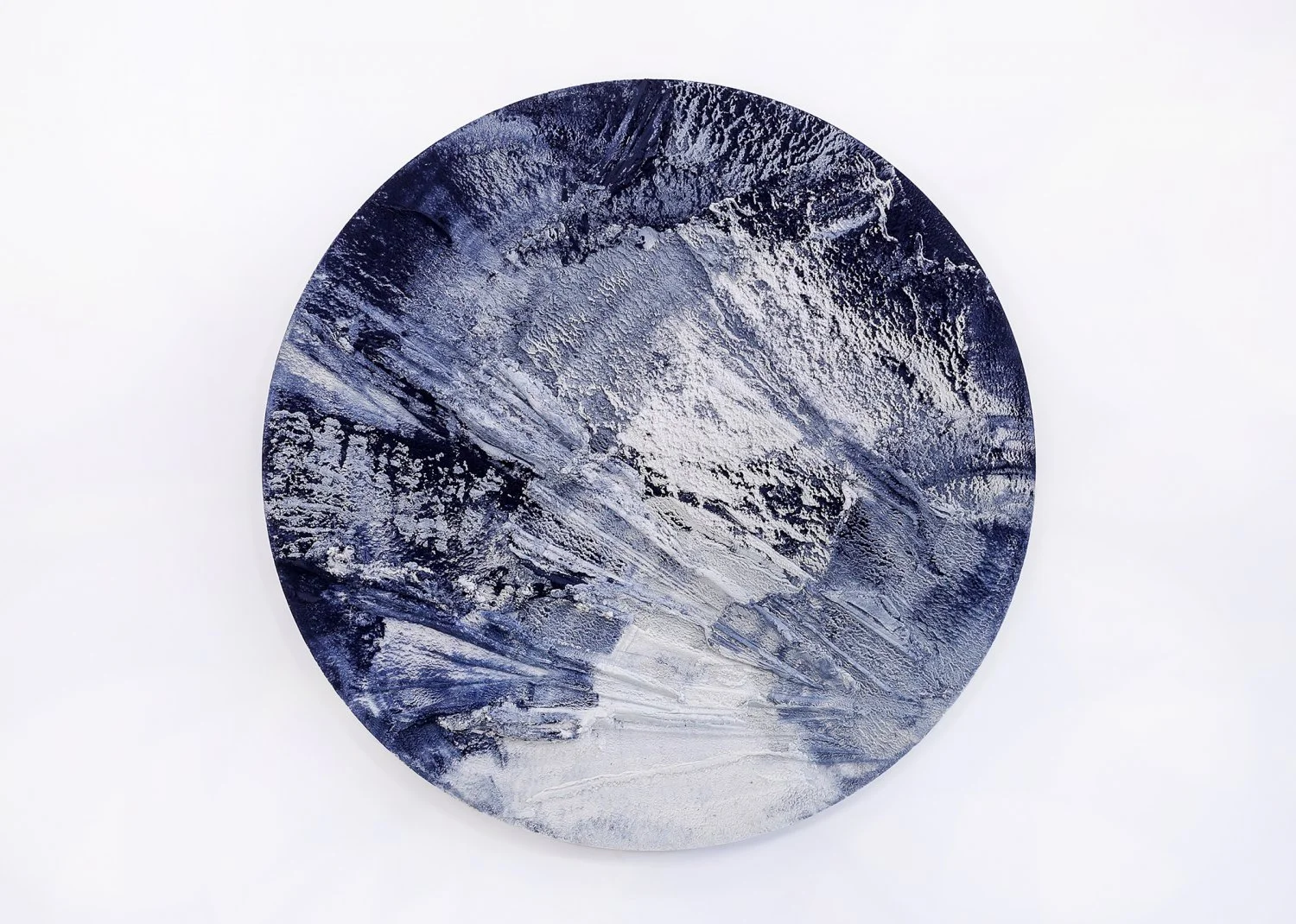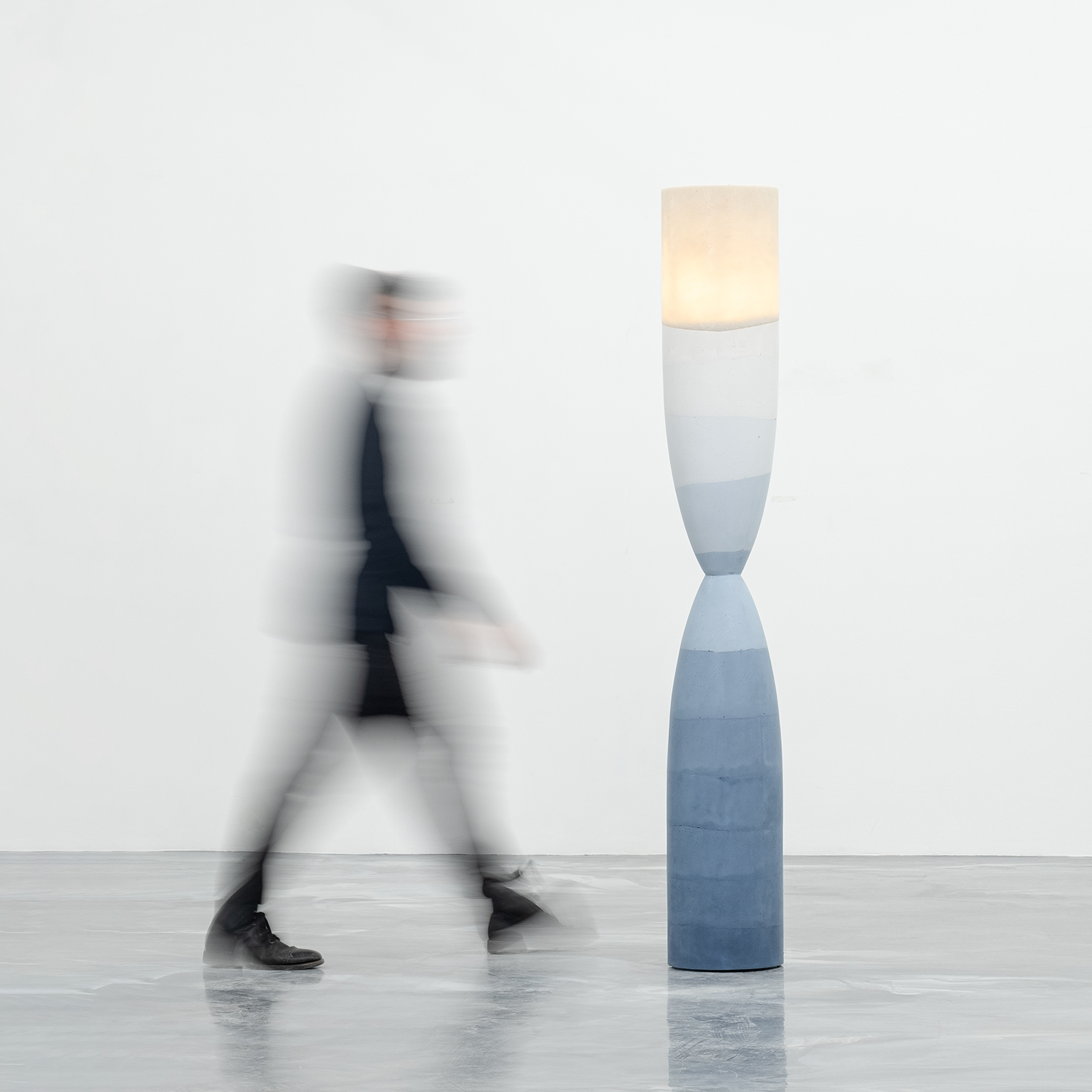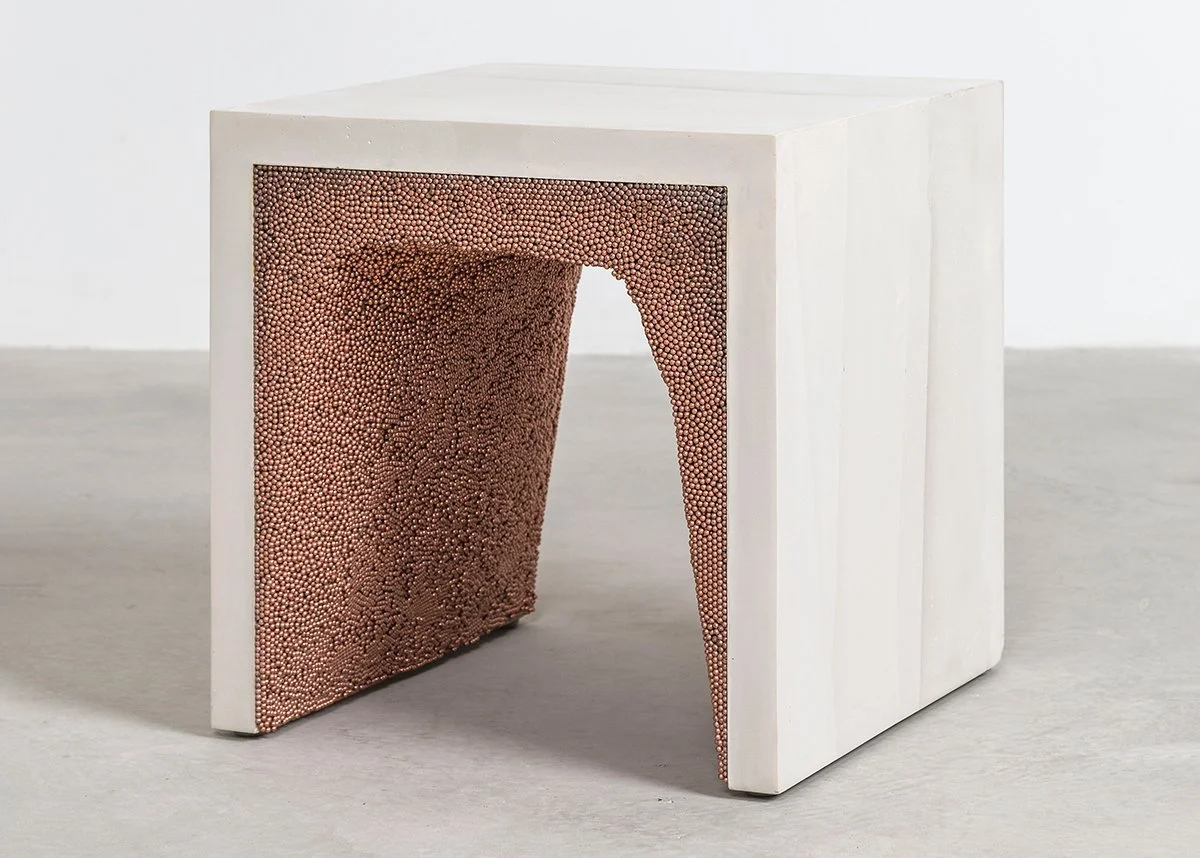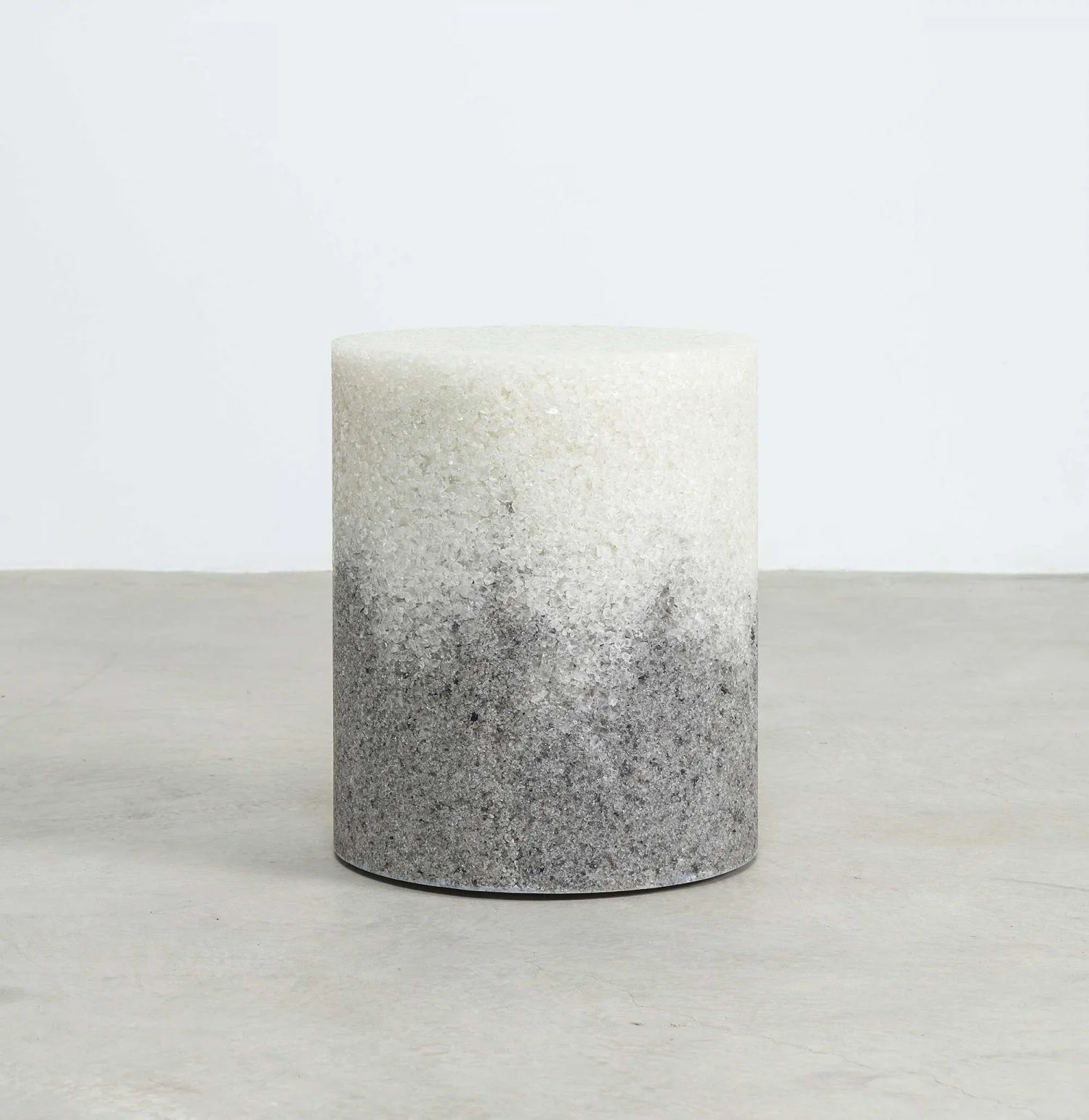 Image 1 of 15
Image 1 of 15

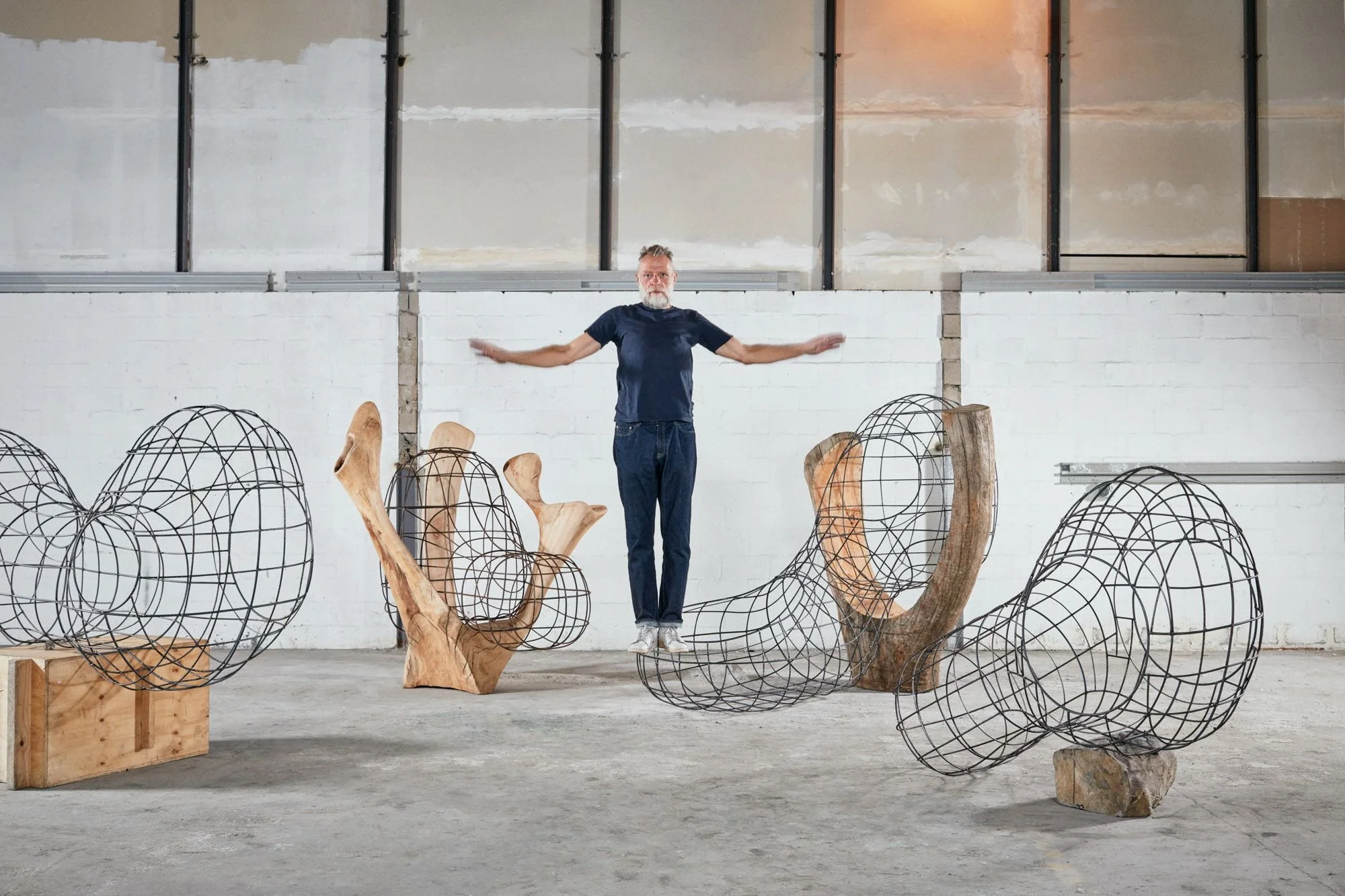 Image 2 of 15
Image 2 of 15

 Image 3 of 15
Image 3 of 15

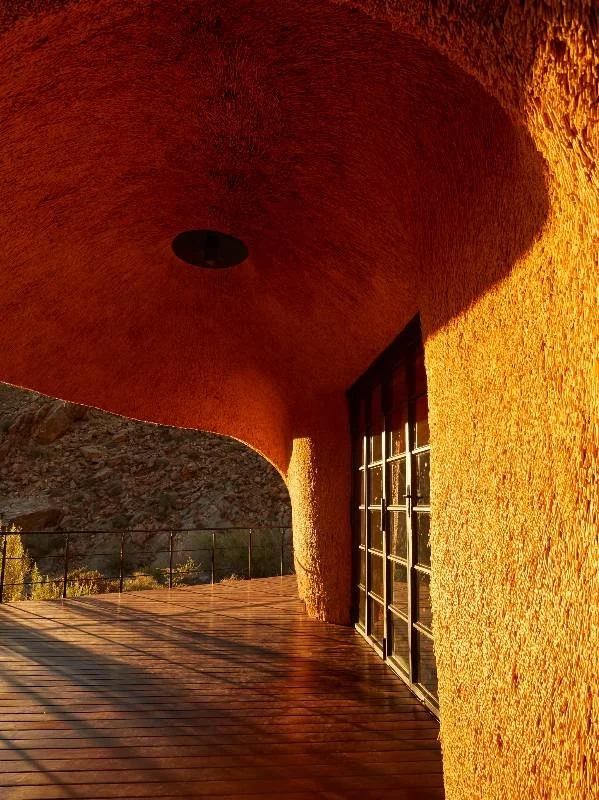 Image 4 of 15
Image 4 of 15

 Image 5 of 15
Image 5 of 15

 Image 6 of 15
Image 6 of 15

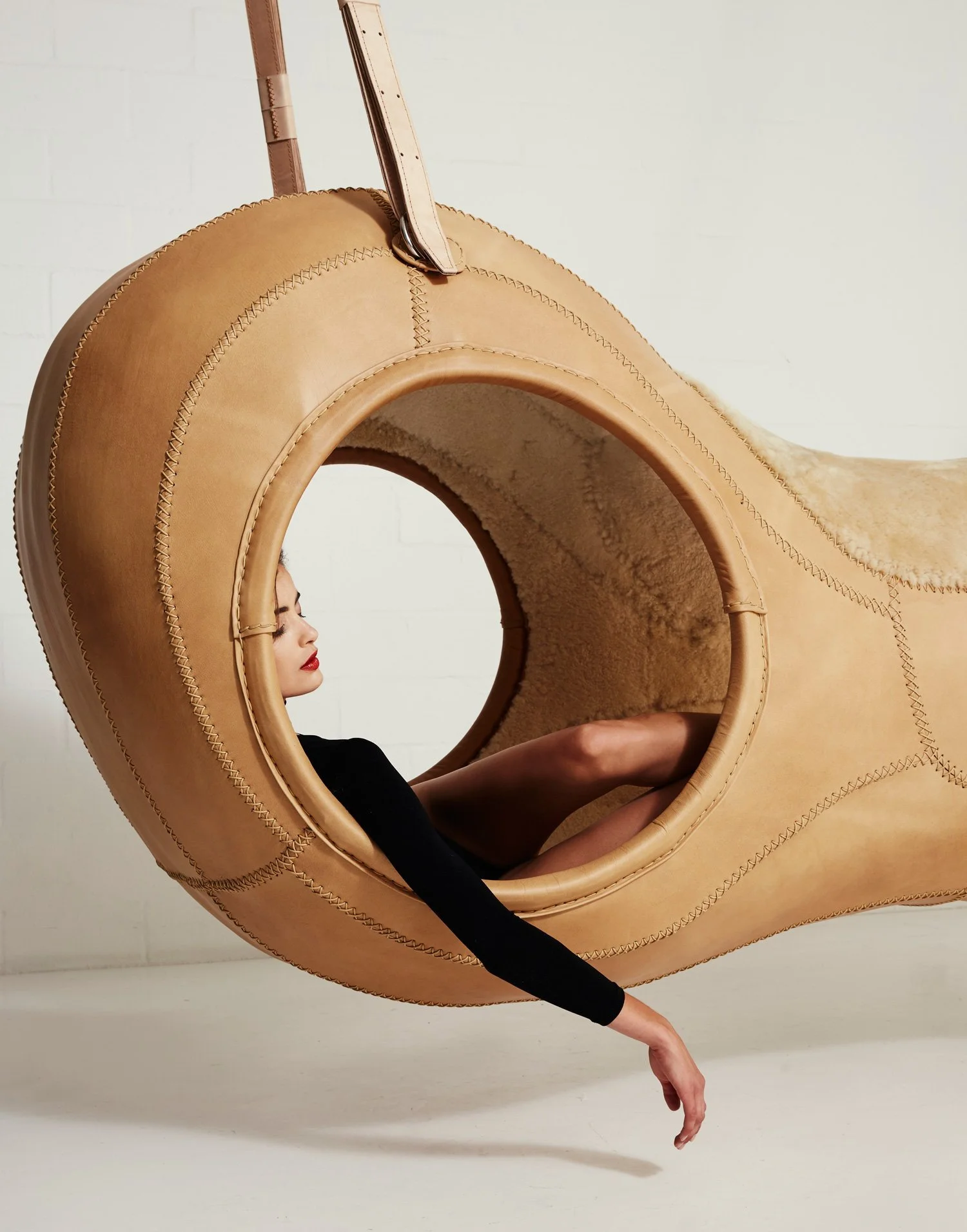 Image 7 of 15
Image 7 of 15

 Image 8 of 15
Image 8 of 15

 Image 9 of 15
Image 9 of 15

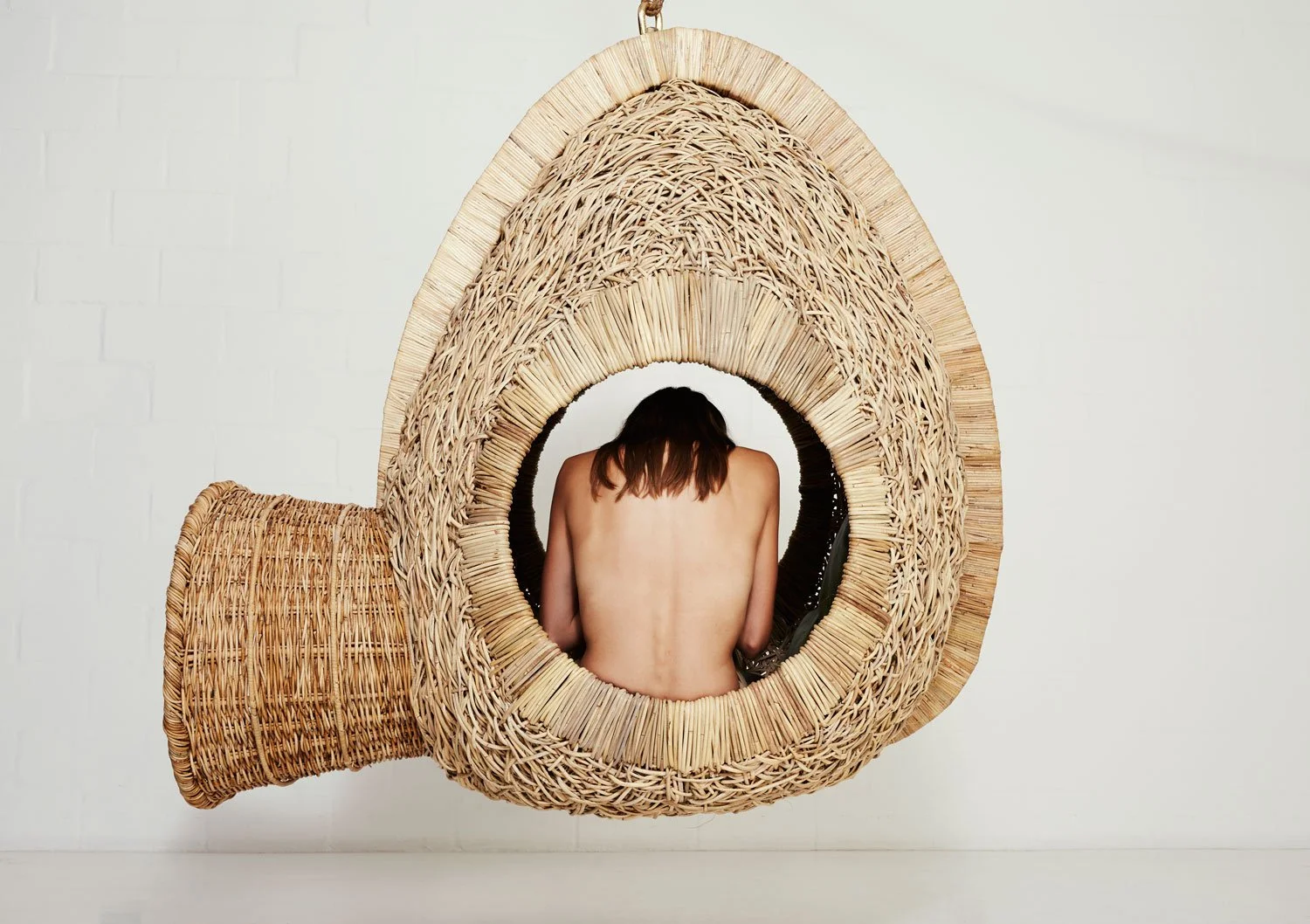 Image 10 of 15
Image 10 of 15

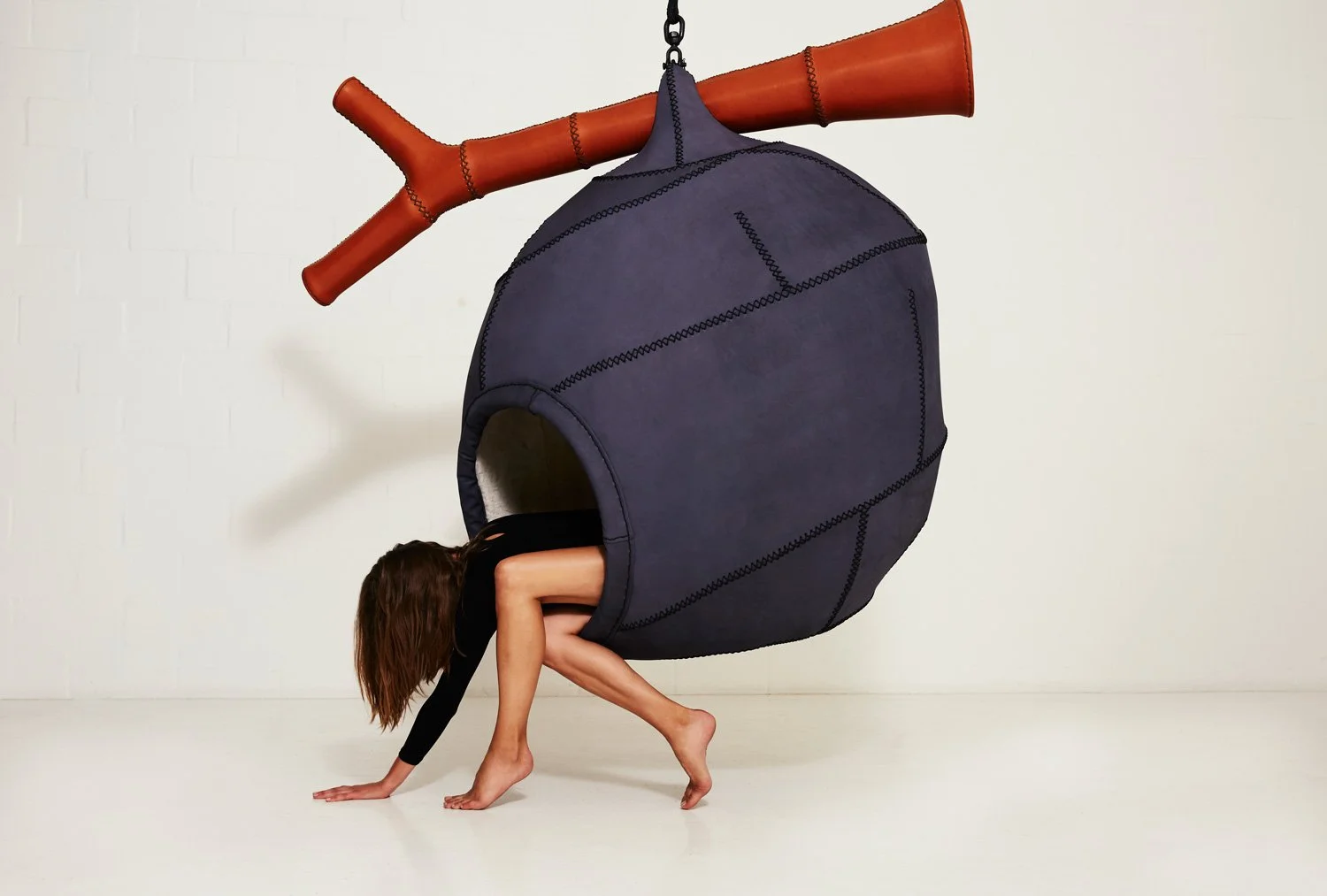 Image 11 of 15
Image 11 of 15

 Image 12 of 15
Image 12 of 15

 Image 13 of 15
Image 13 of 15

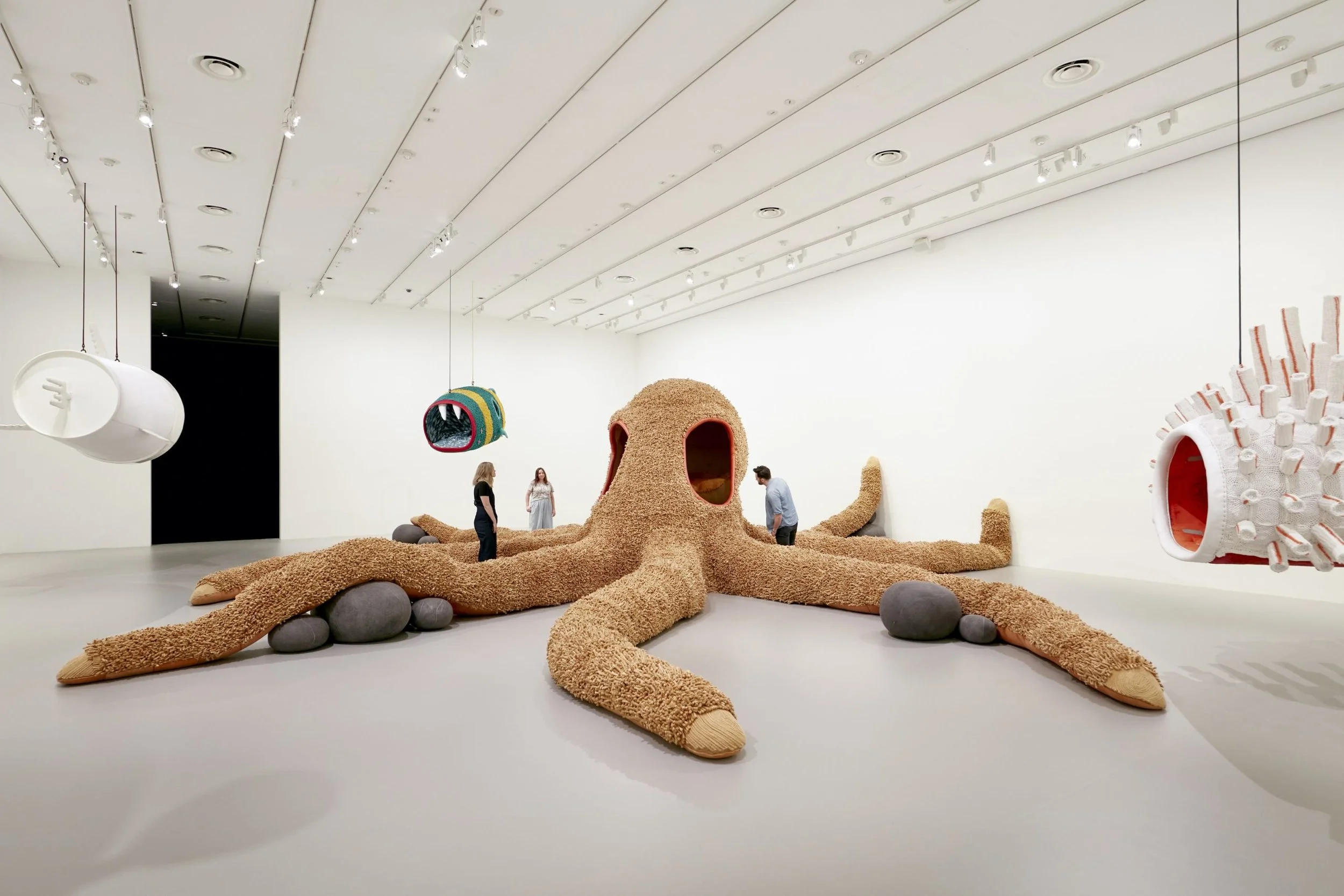 Image 14 of 15
Image 14 of 15

 Image 15 of 15
Image 15 of 15
















Porky Hefer creates vernacular architecture & design
Porky Hefer is a South African designer known for his unique and imaginative approach to creating functional art pieces inspired by nature and designed to promote sustainability. Hefer established his studio, Animal Farm, with the mission to explore vernacular architecture and design using eco-friendly materials and traditional craftsmanship. His current mission focuses on creating immersive environments that raise awareness about environmental issues and endangered species. Core values include sustainability, innovation, and cultural preservation, with a purpose to redefine the relationship between design, materials, and the environment.
Location
Headquarters: Cape Town, South Africa.
Primary manufacturing/operations locations: Various locations based on project requirements and collaborations.
The Circular Vision
Core circular economy principles: Designing out waste, using recycled and sustainable materials, and creating products that promote environmental awareness and sustainable practices.
Key innovations: Development of projects like "Endangered," which uses eco-friendly materials to create seating pods depicting endangered species, and "The Nest@Sossus," an off-grid home exploring local materials and techniques.
Prioritization of local sourcing and closed-loop supply chains: Emphasis on using locally sourced materials and sustainable production methods to minimize environmental impact and support local economies.
Pioneering Solutions
Flagship projects: "Endangered" (seating pods depicting endangered species), "The Nest@Sossus" (off-grid home using local materials), and "Cratefan" (sculptures made from recycled plastic crates).
Unique value propositions: High-quality, innovative design solutions that prioritize circularity, material reuse, and environmental responsibility. Porky Hefer's work is known for its ability to create immersive, nature-inspired environments that connect with diverse audiences while promoting sustainability.
The Regenerative Future
R&D focus areas: Advancing sustainable design techniques, exploring new applications for recycled and natural materials, and developing solutions that further reduce waste and energy consumption in design and production processes.
Ambitious goals: To lead the design industry in sustainable practices, create zero-waste products and installations, and inspire a shift towards a regenerative approach to design and environmental stewardship.
Fact Sheet
Commercial Availability: Design services and products available through collaborations, exhibitions, and partnerships with cultural institutions and businesses.
Circularity Rating: 5/5 (Strong focus on integrating circular economy principles in design and production).
Cost Rating: 4/5 (Competitive with high-end design services, with significant value in sustainability and innovation).
Material Passport: Detailed material traceability and use of recycled and sustainable materials in many projects.
Designed for Disassembly: Yes, many products are designed with consideration for future adaptability and material reuse.
Carbon Performance: Focus on reducing carbon footprint through the use of sustainable materials and local production. Committed to minimizing environmental impact through efficient design and manufacturing processes.
Key Takeaway
Porky Hefer transforms the design industry through innovative, sustainable solutions that prioritize circular economy principles, setting a benchmark for environmental responsibility and material innovation in contemporary design.
Explore Further
Porky Hefer website: https://www.animal-farm.co.za
Porky Hefer is a South African designer known for his unique and imaginative approach to creating functional art pieces inspired by nature and designed to promote sustainability. Hefer established his studio, Animal Farm, with the mission to explore vernacular architecture and design using eco-friendly materials and traditional craftsmanship. His current mission focuses on creating immersive environments that raise awareness about environmental issues and endangered species. Core values include sustainability, innovation, and cultural preservation, with a purpose to redefine the relationship between design, materials, and the environment.
Location
Headquarters: Cape Town, South Africa.
Primary manufacturing/operations locations: Various locations based on project requirements and collaborations.
The Circular Vision
Core circular economy principles: Designing out waste, using recycled and sustainable materials, and creating products that promote environmental awareness and sustainable practices.
Key innovations: Development of projects like "Endangered," which uses eco-friendly materials to create seating pods depicting endangered species, and "The Nest@Sossus," an off-grid home exploring local materials and techniques.
Prioritization of local sourcing and closed-loop supply chains: Emphasis on using locally sourced materials and sustainable production methods to minimize environmental impact and support local economies.
Pioneering Solutions
Flagship projects: "Endangered" (seating pods depicting endangered species), "The Nest@Sossus" (off-grid home using local materials), and "Cratefan" (sculptures made from recycled plastic crates).
Unique value propositions: High-quality, innovative design solutions that prioritize circularity, material reuse, and environmental responsibility. Porky Hefer's work is known for its ability to create immersive, nature-inspired environments that connect with diverse audiences while promoting sustainability.
The Regenerative Future
R&D focus areas: Advancing sustainable design techniques, exploring new applications for recycled and natural materials, and developing solutions that further reduce waste and energy consumption in design and production processes.
Ambitious goals: To lead the design industry in sustainable practices, create zero-waste products and installations, and inspire a shift towards a regenerative approach to design and environmental stewardship.
Fact Sheet
Commercial Availability: Design services and products available through collaborations, exhibitions, and partnerships with cultural institutions and businesses.
Circularity Rating: 5/5 (Strong focus on integrating circular economy principles in design and production).
Cost Rating: 4/5 (Competitive with high-end design services, with significant value in sustainability and innovation).
Material Passport: Detailed material traceability and use of recycled and sustainable materials in many projects.
Designed for Disassembly: Yes, many products are designed with consideration for future adaptability and material reuse.
Carbon Performance: Focus on reducing carbon footprint through the use of sustainable materials and local production. Committed to minimizing environmental impact through efficient design and manufacturing processes.
Key Takeaway
Porky Hefer transforms the design industry through innovative, sustainable solutions that prioritize circular economy principles, setting a benchmark for environmental responsibility and material innovation in contemporary design.
Explore Further
Porky Hefer website: https://www.animal-farm.co.za
